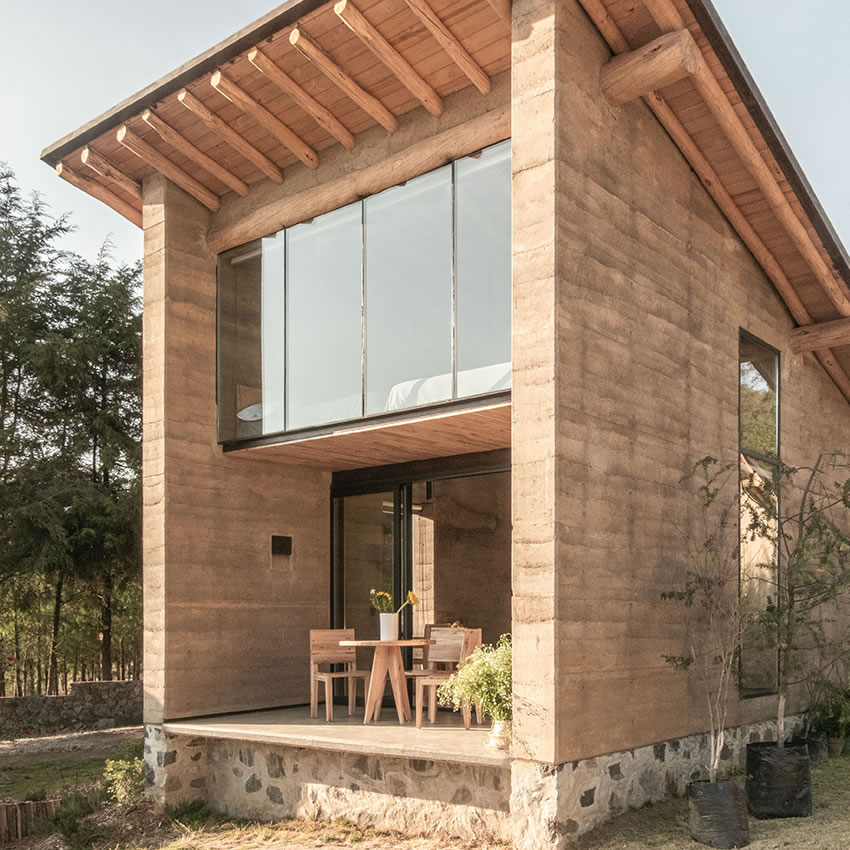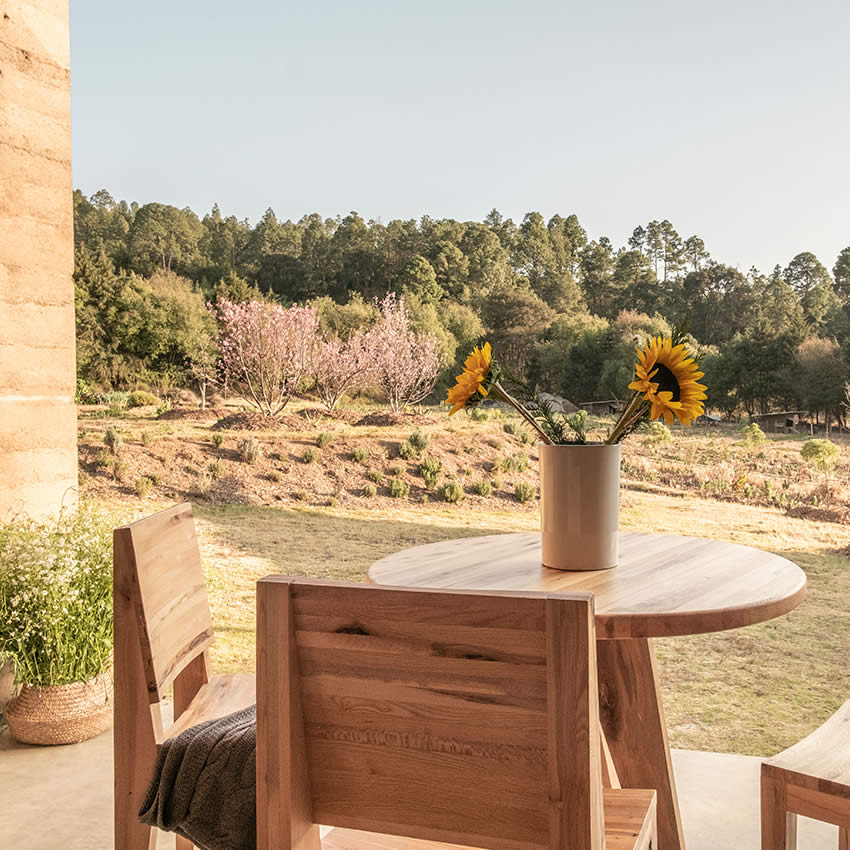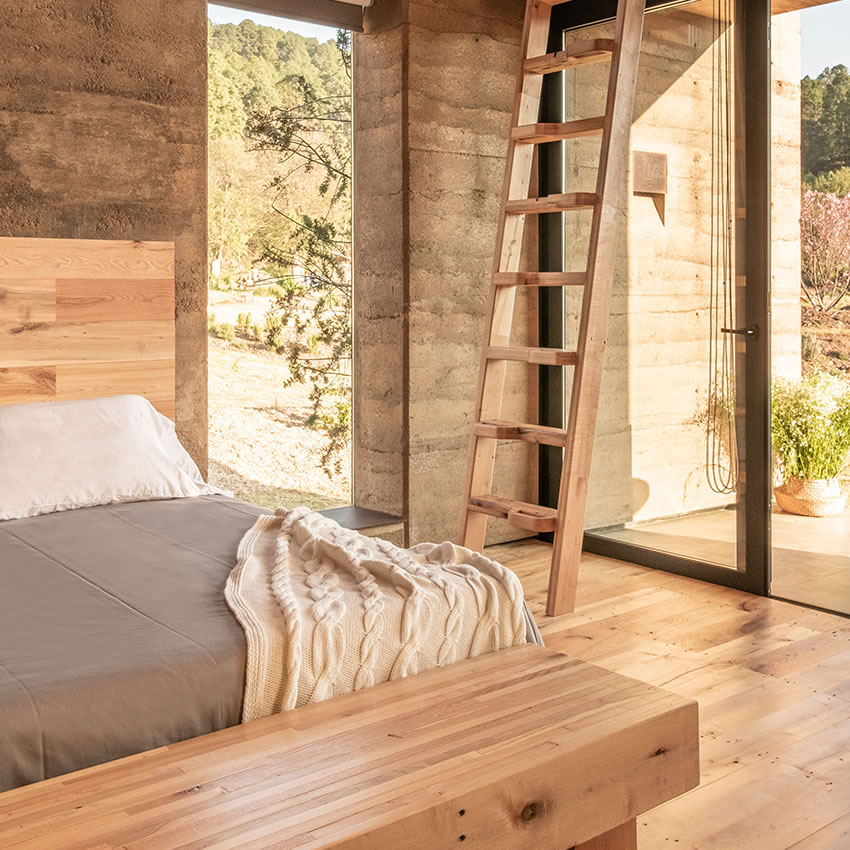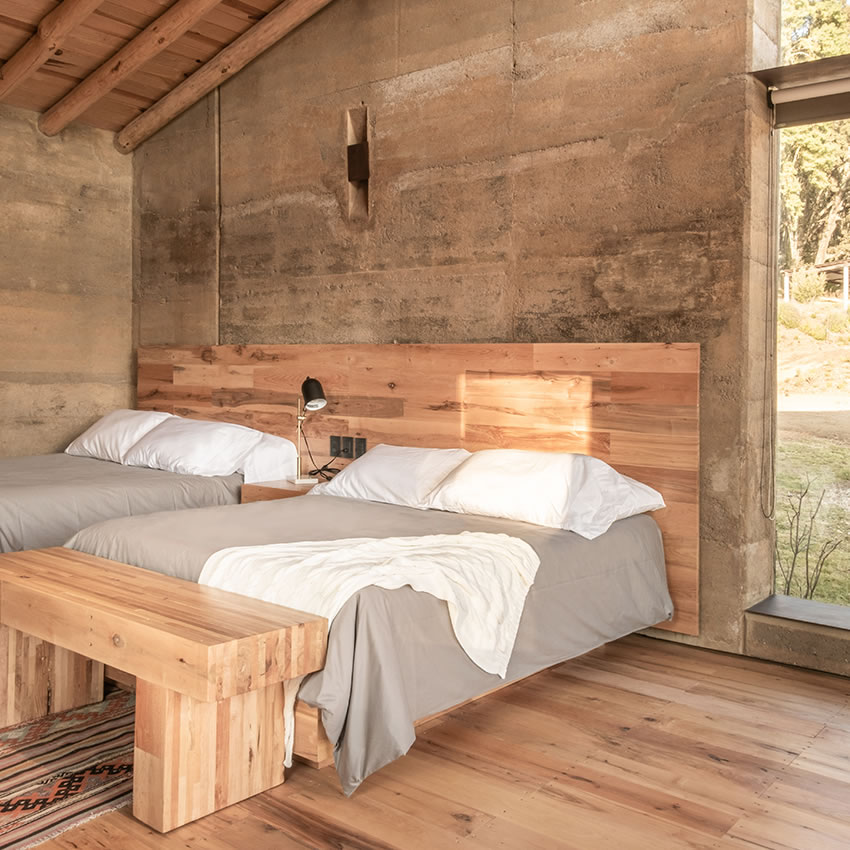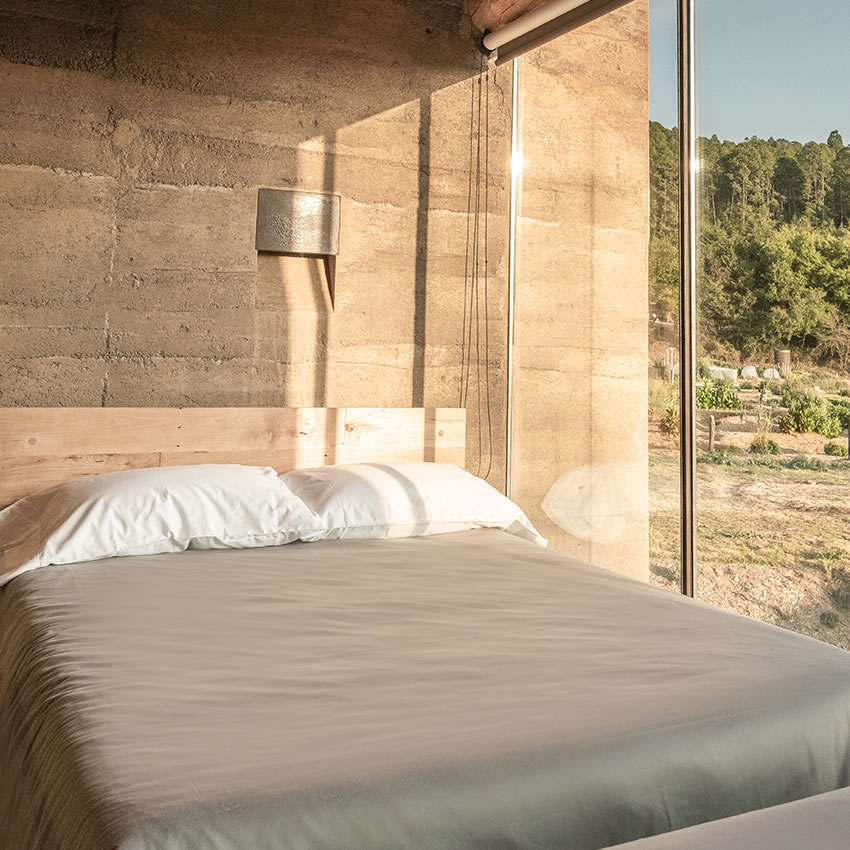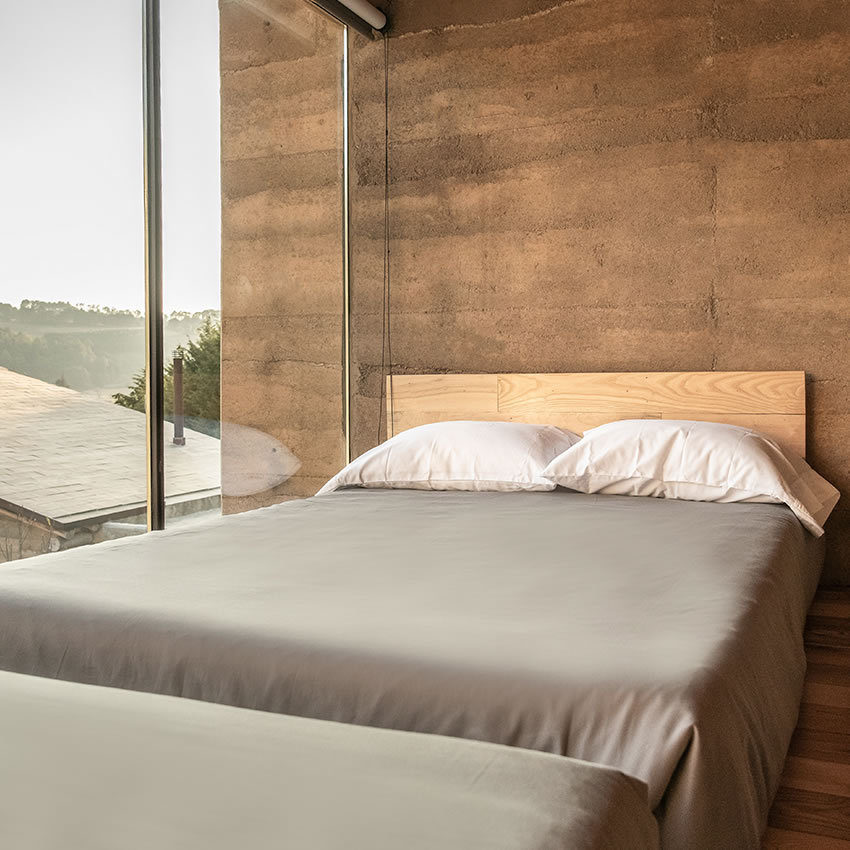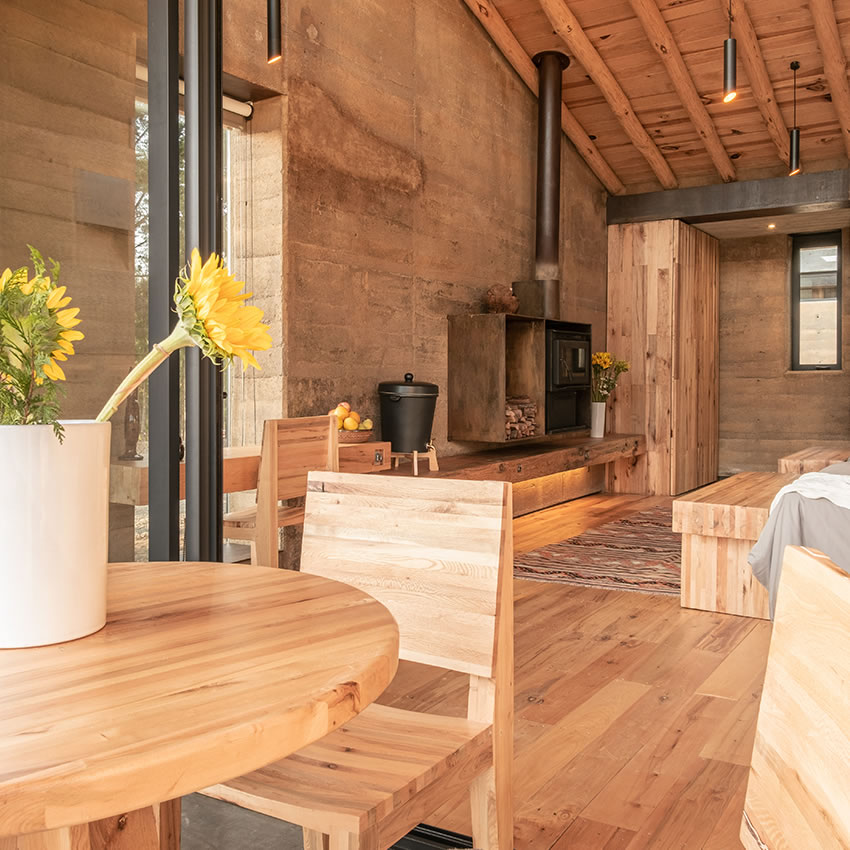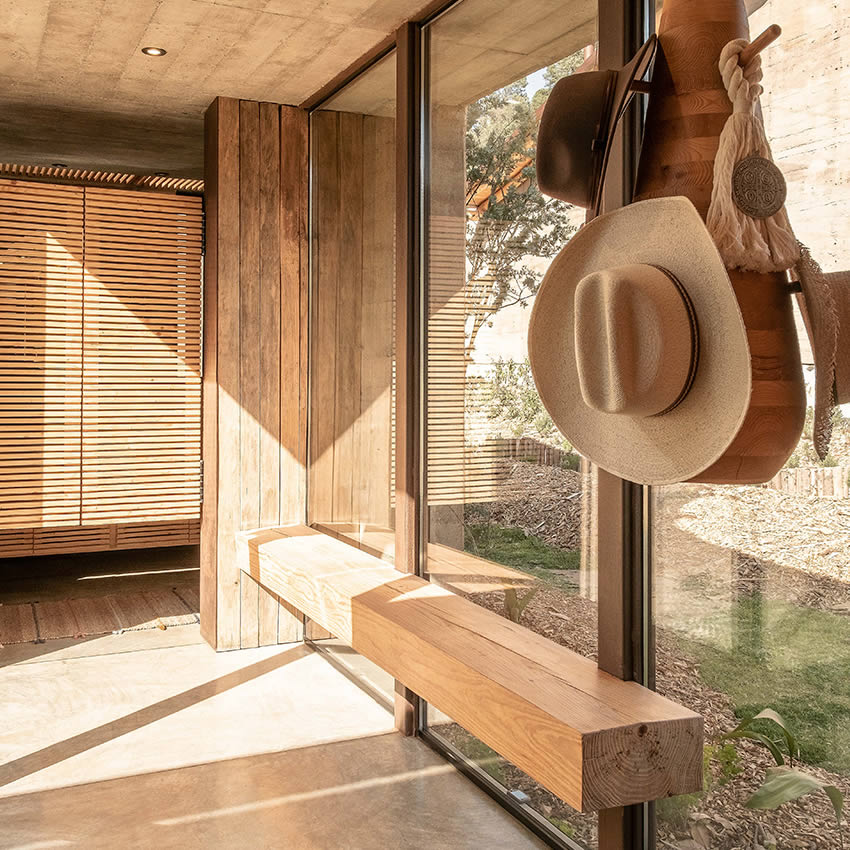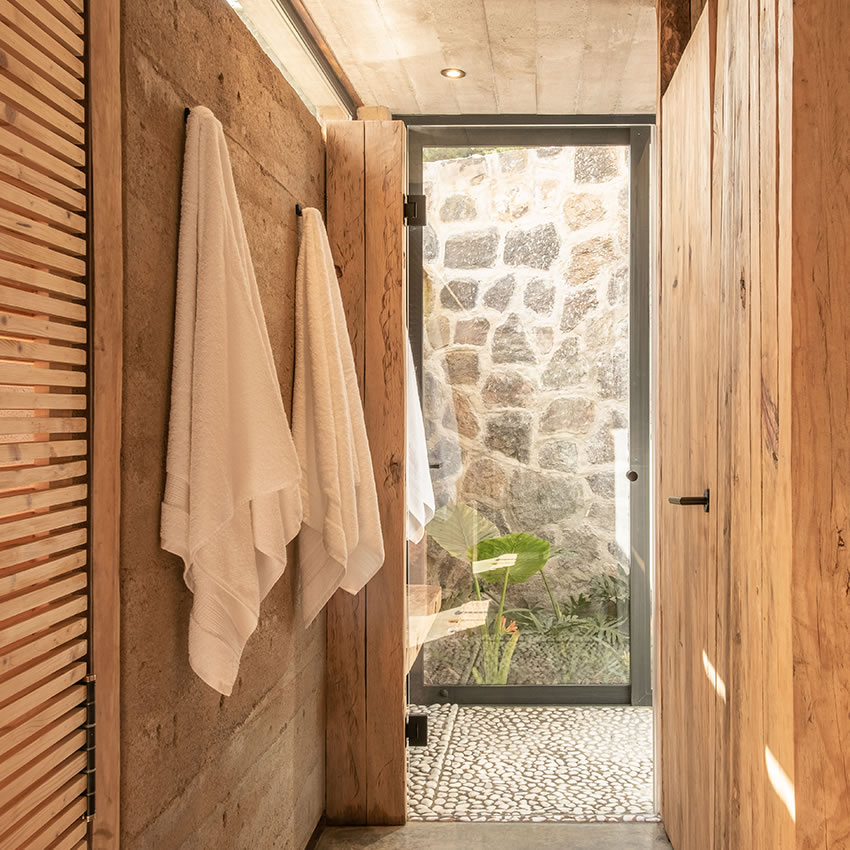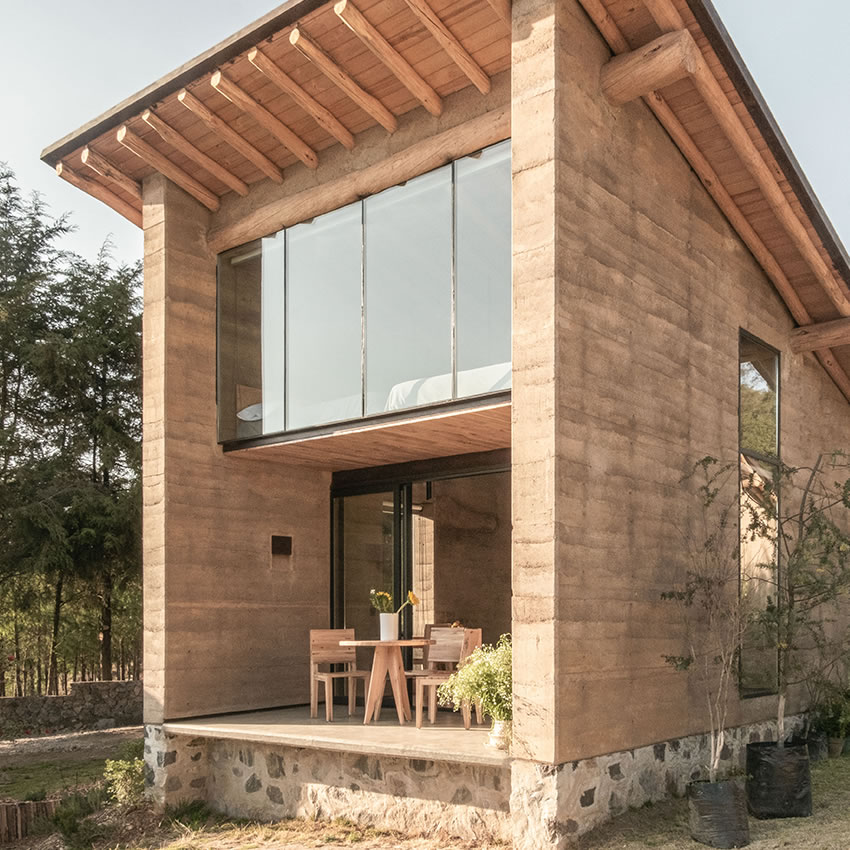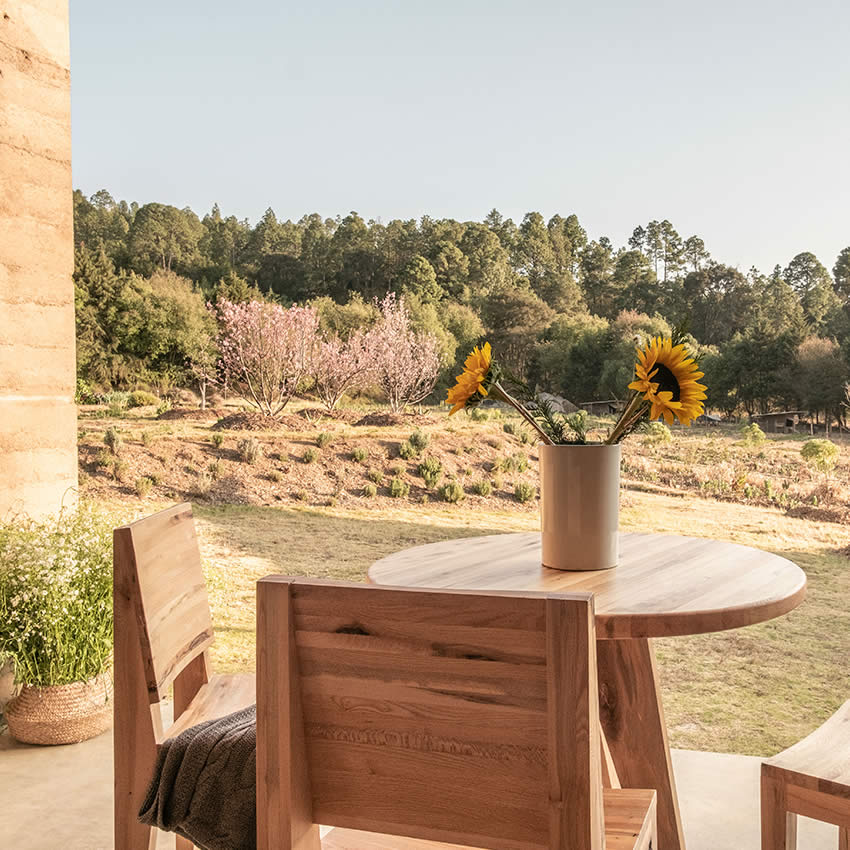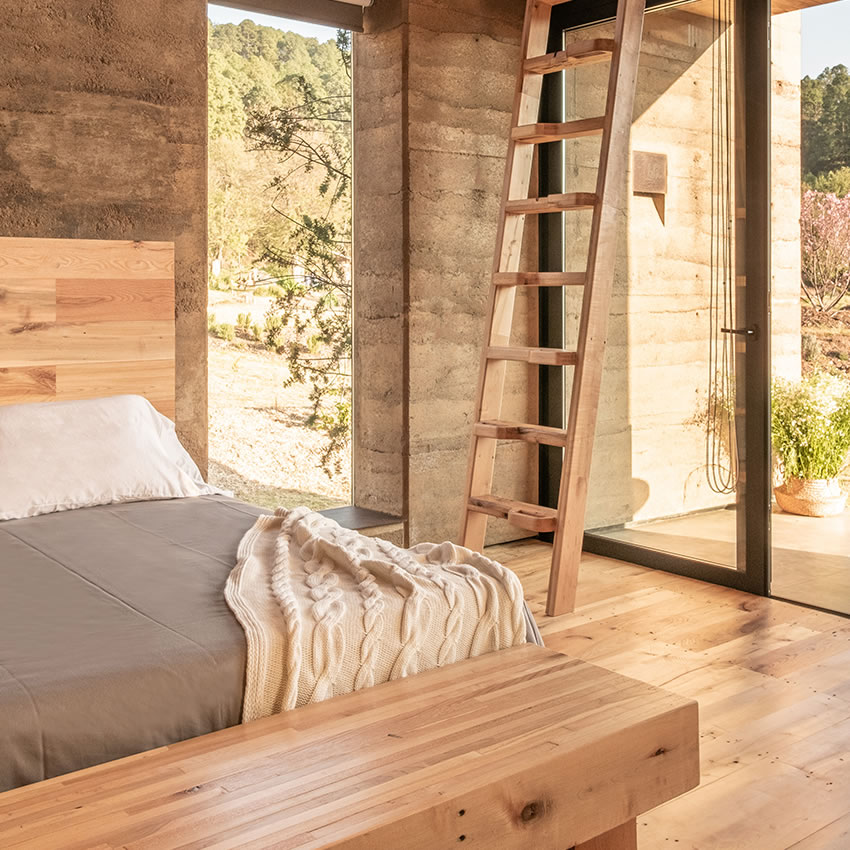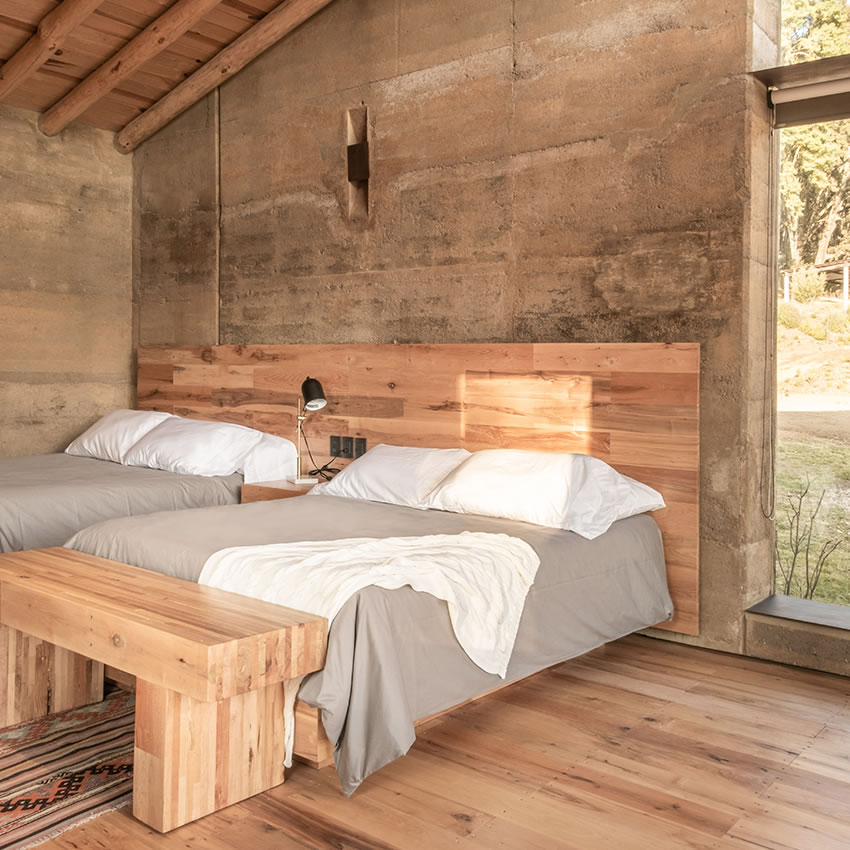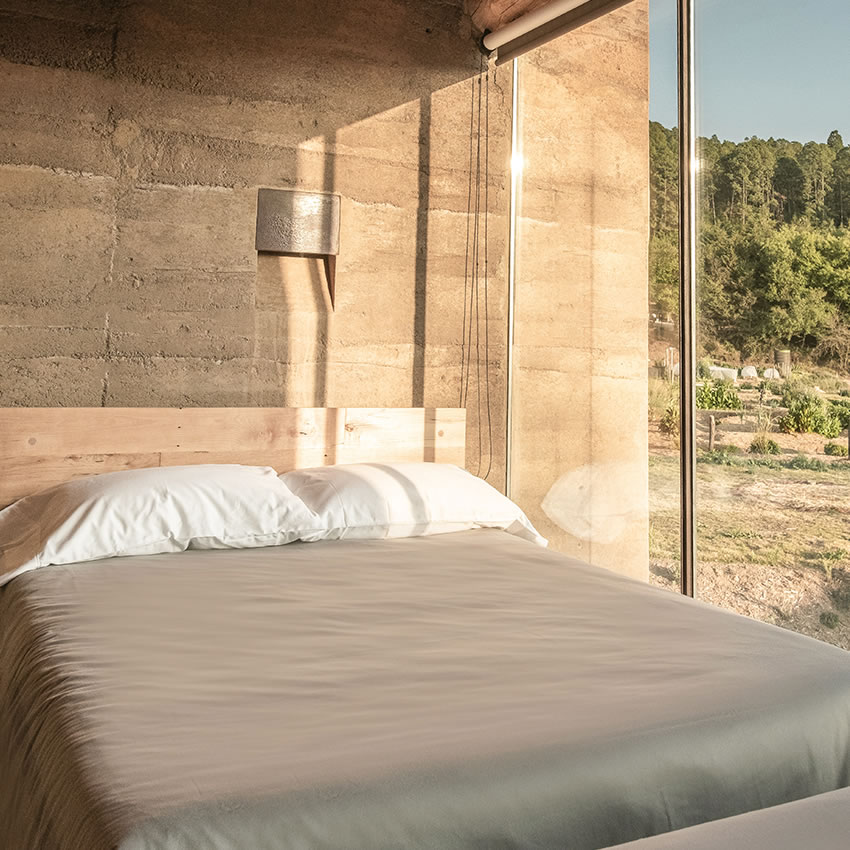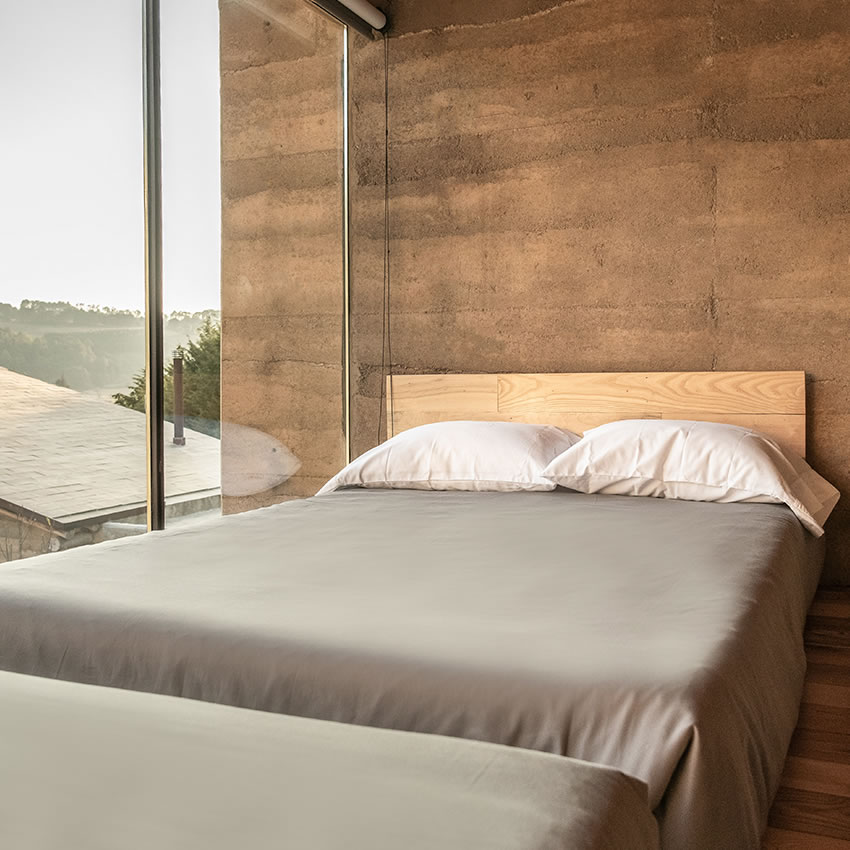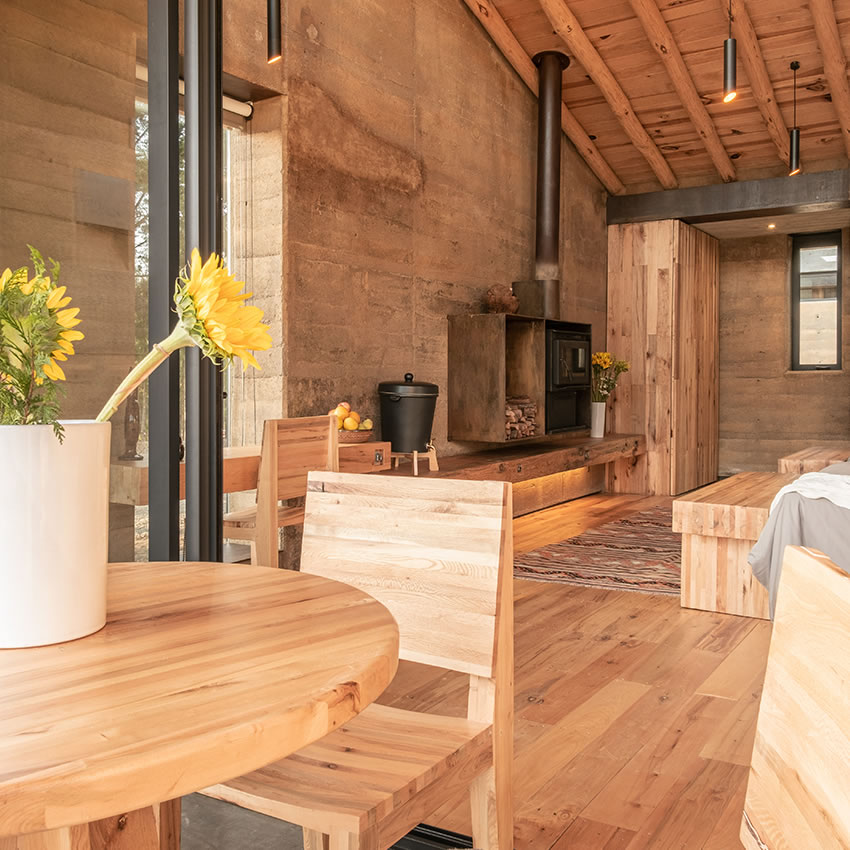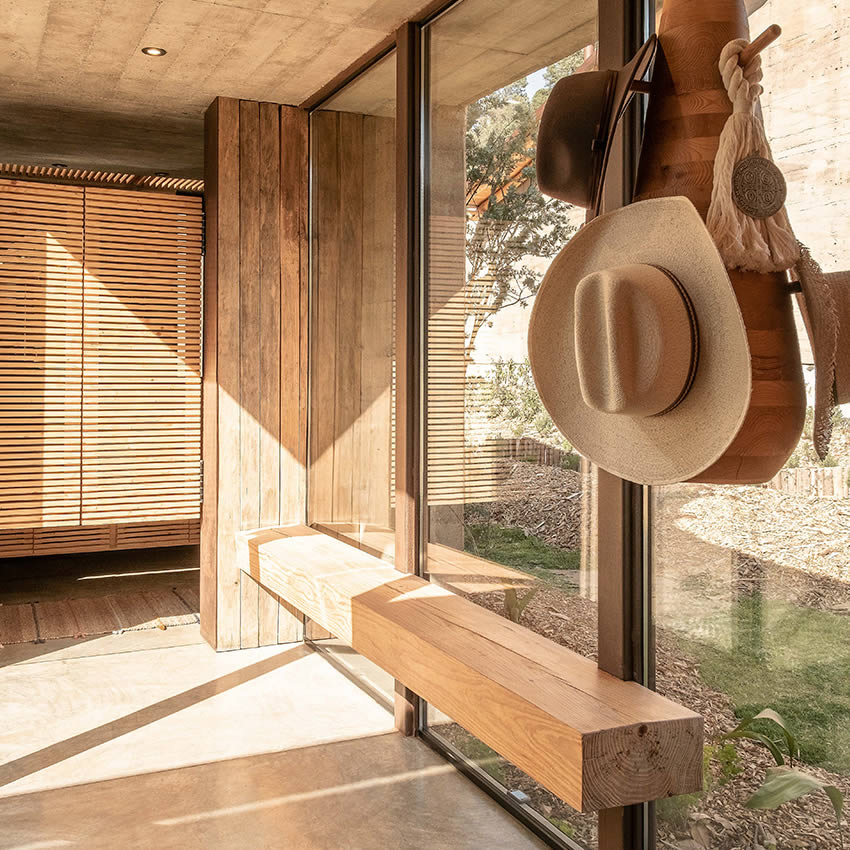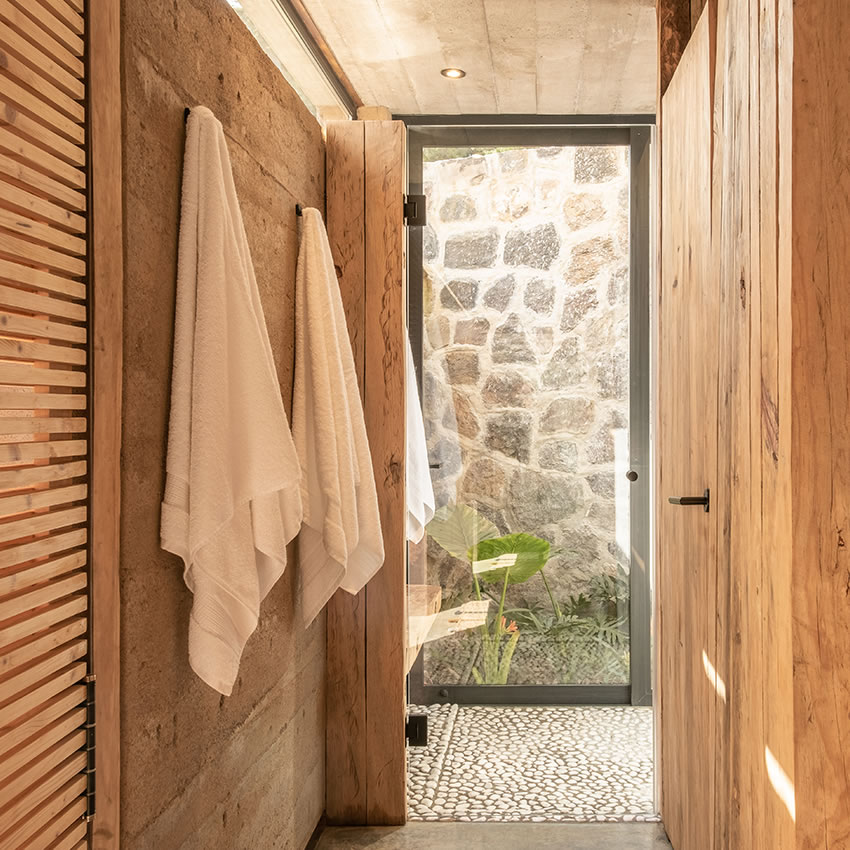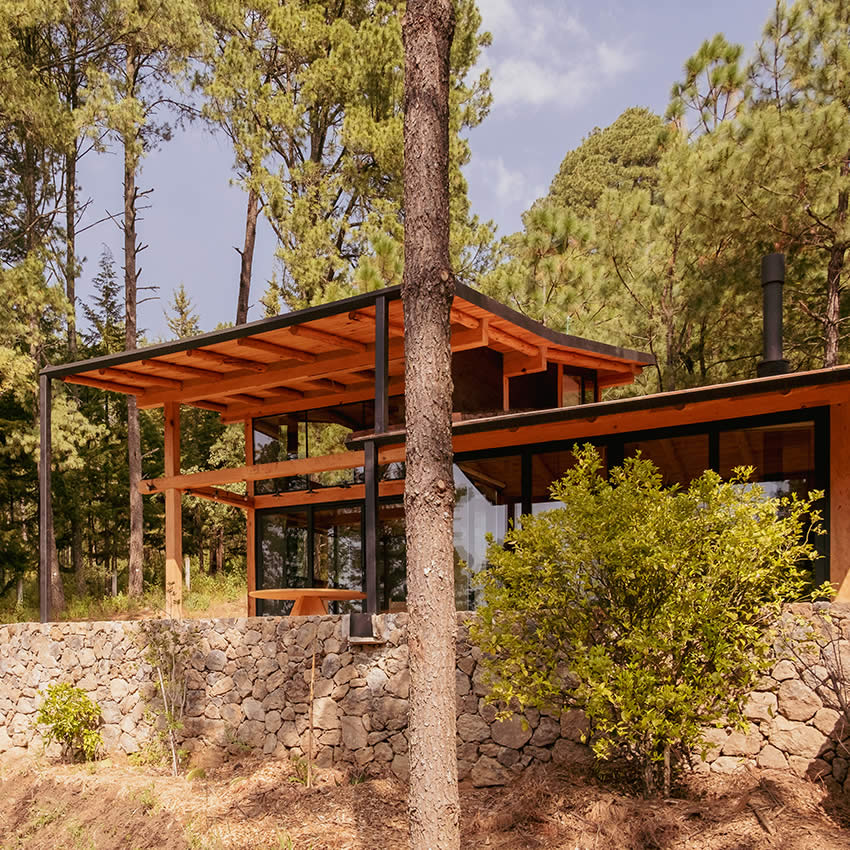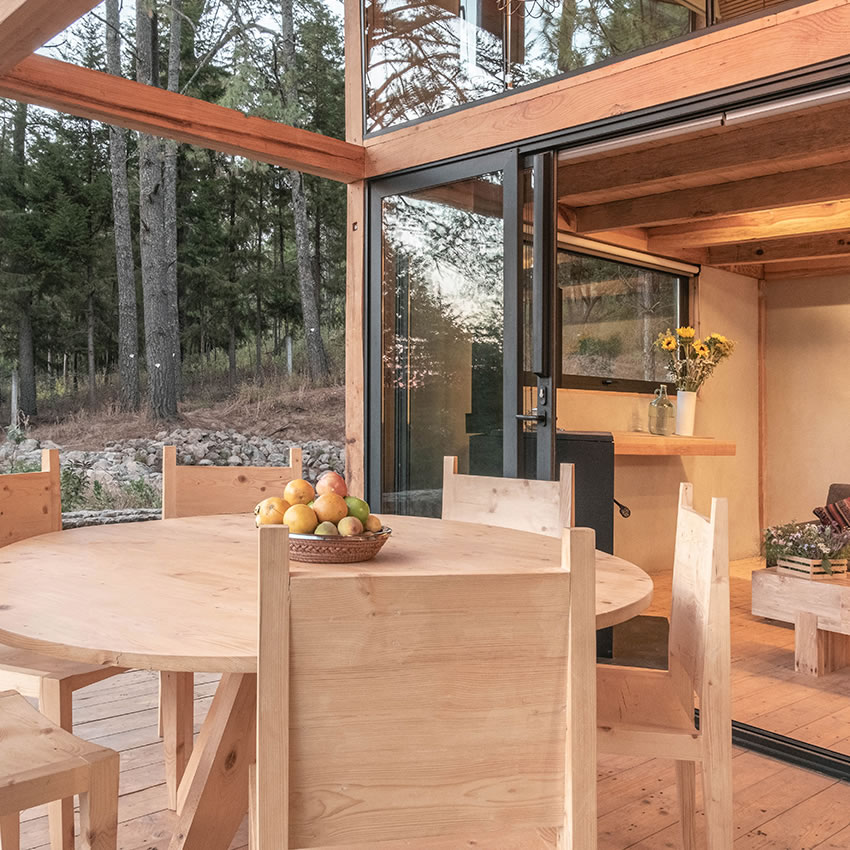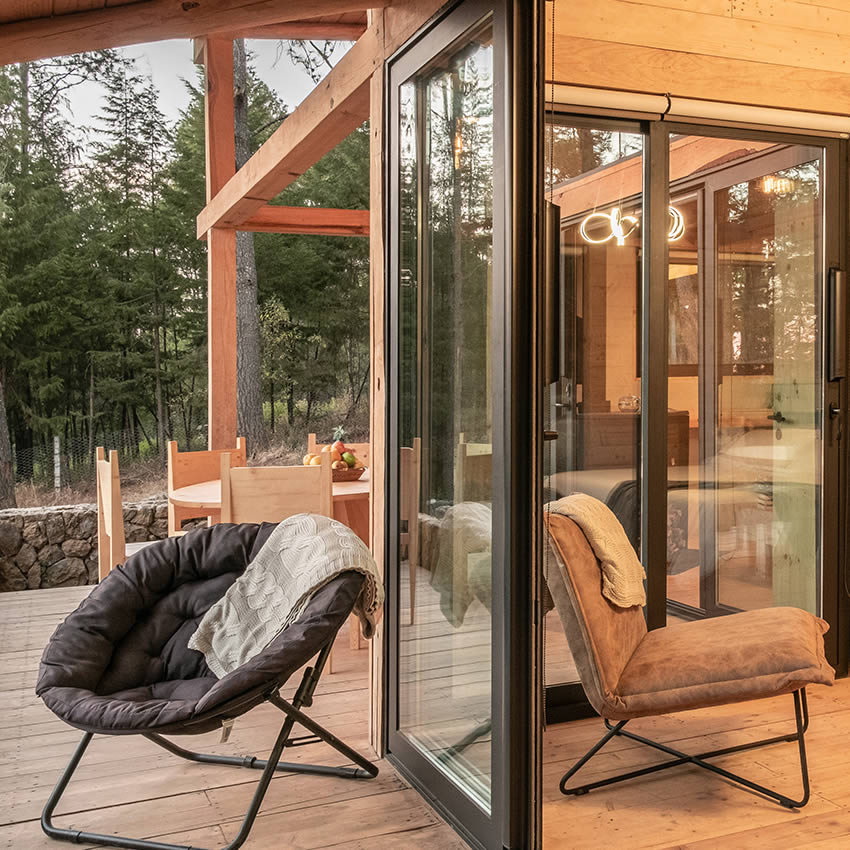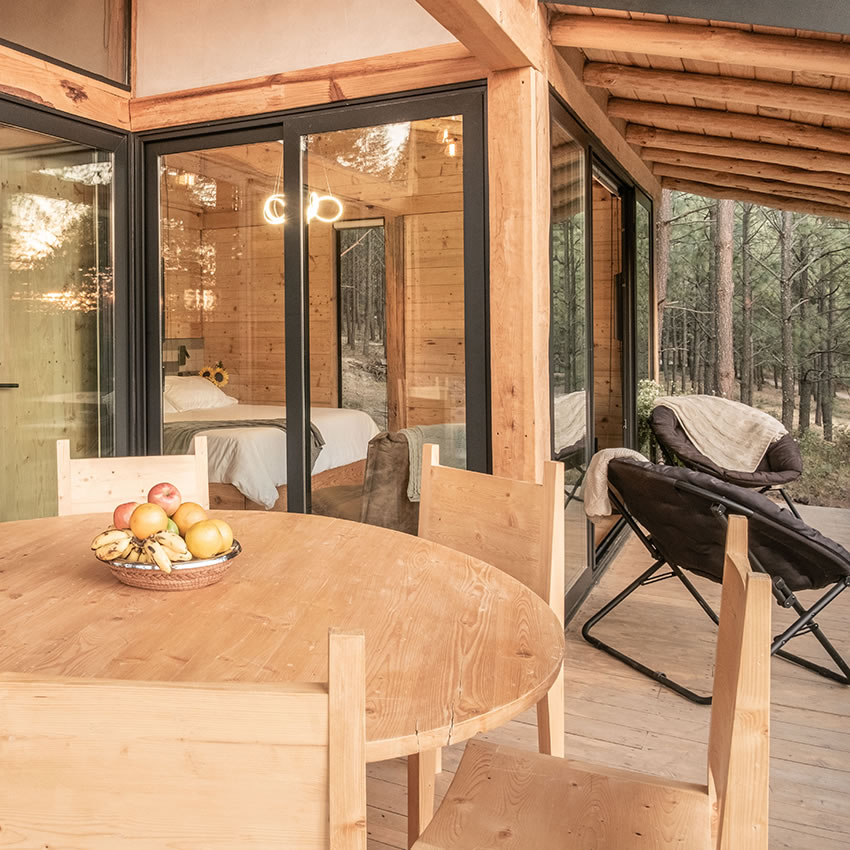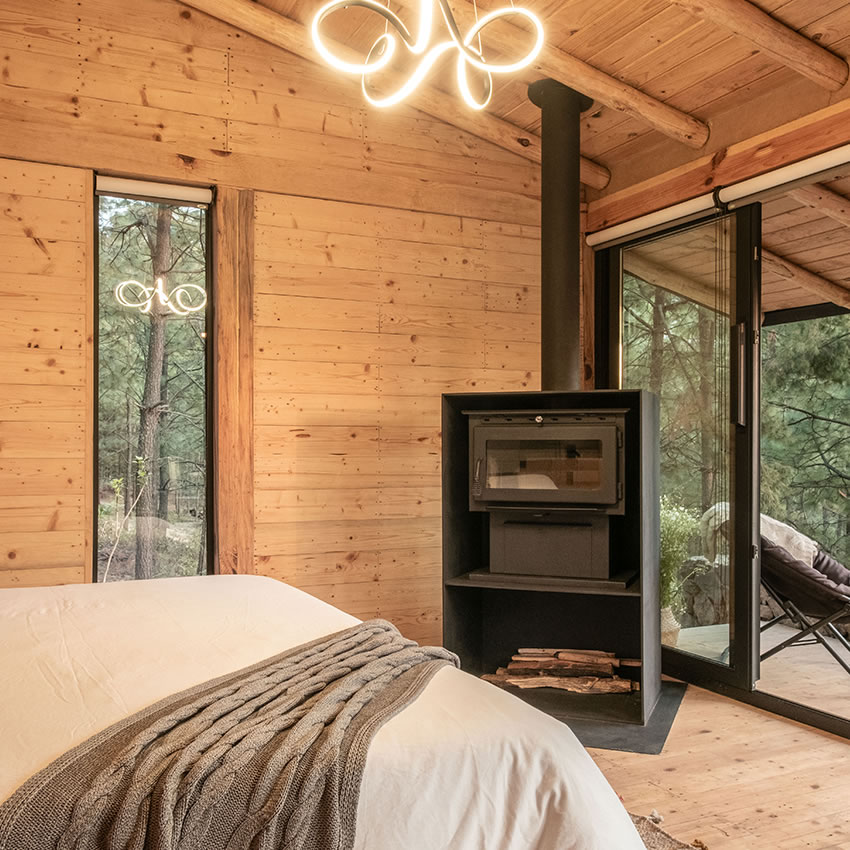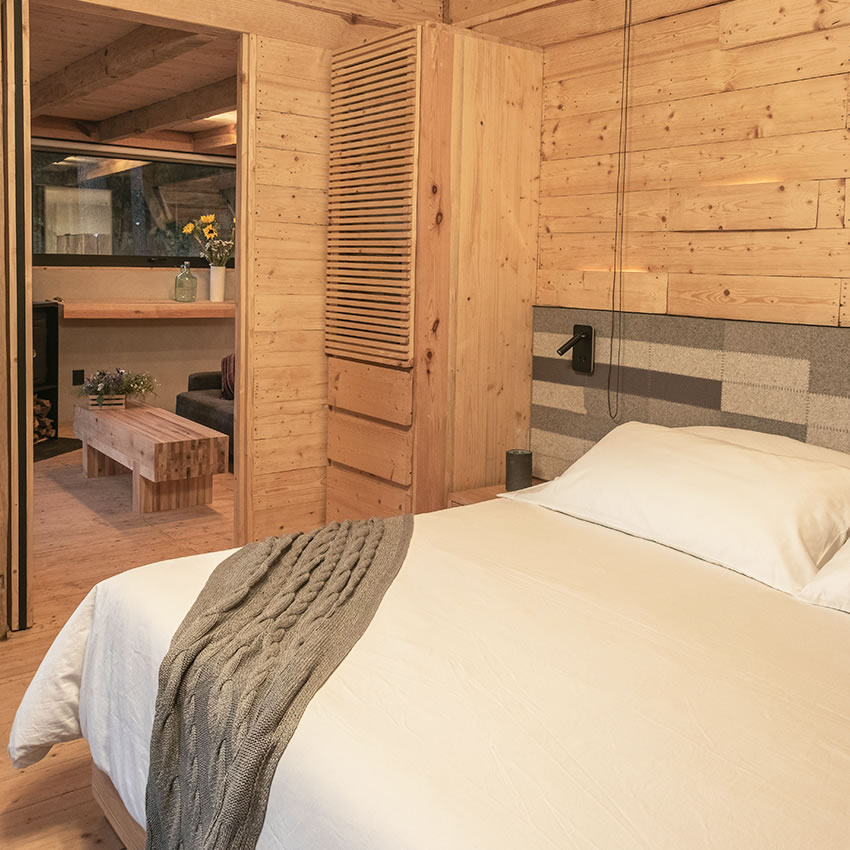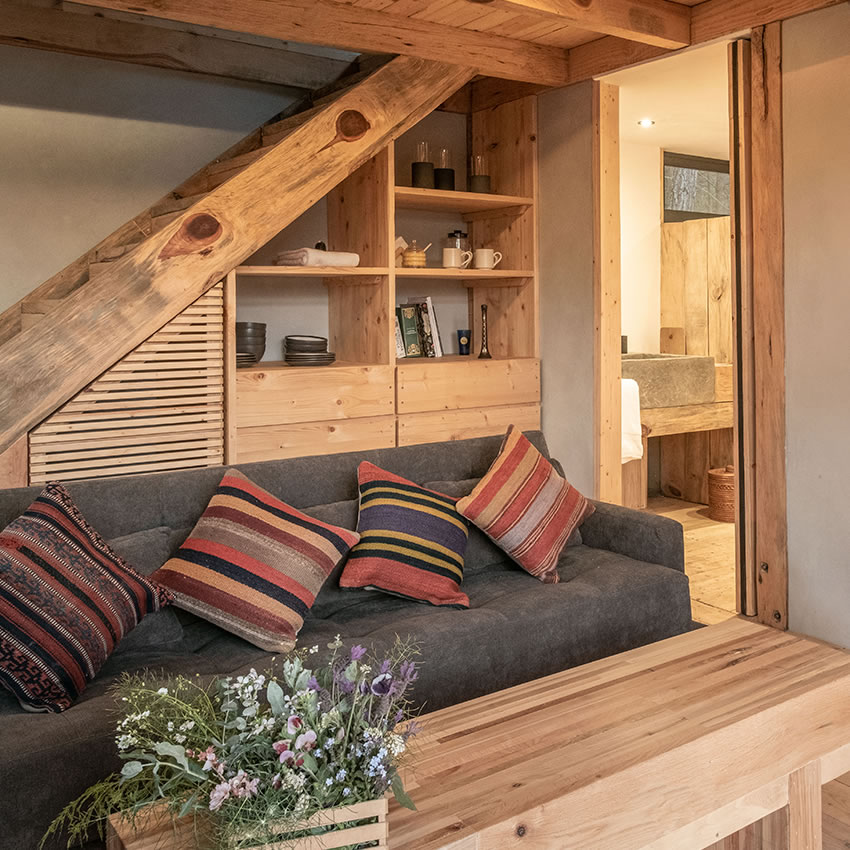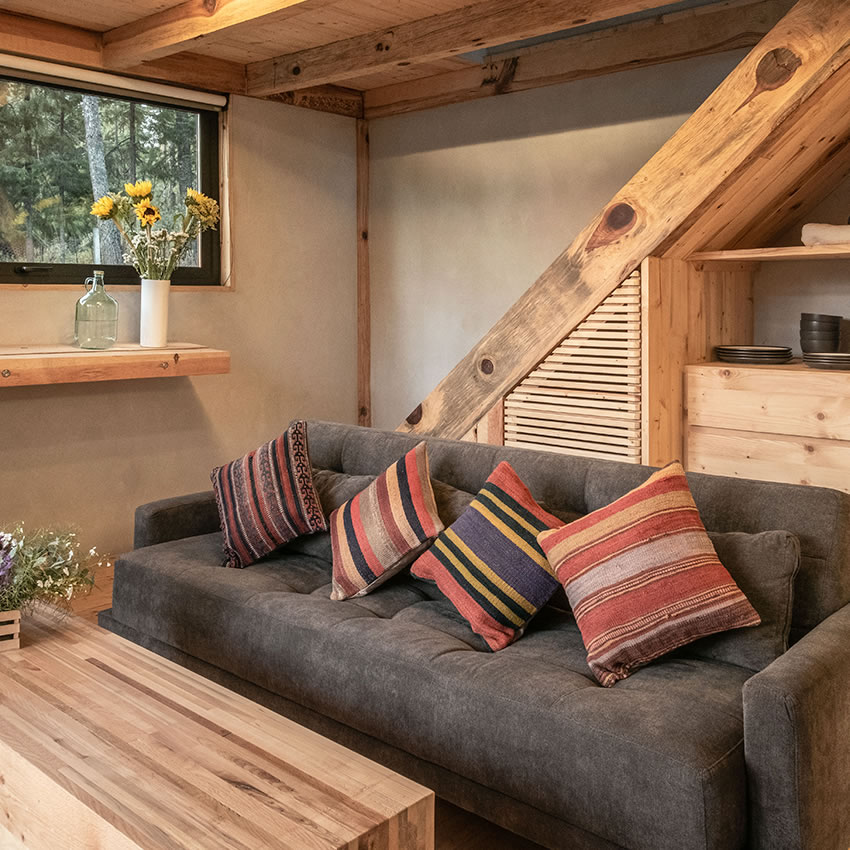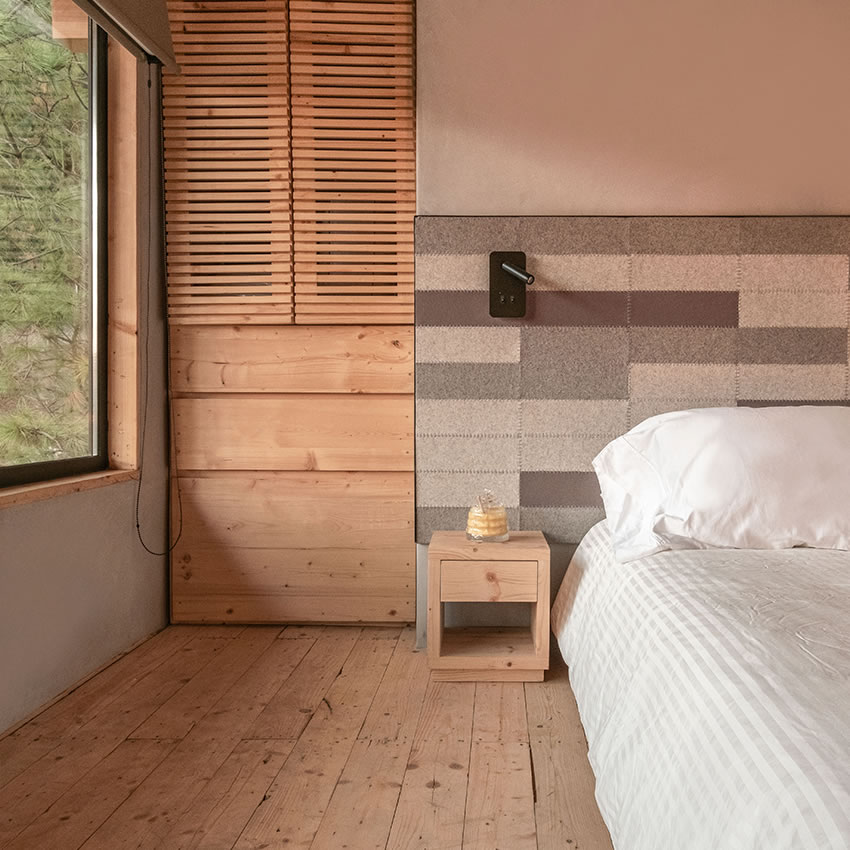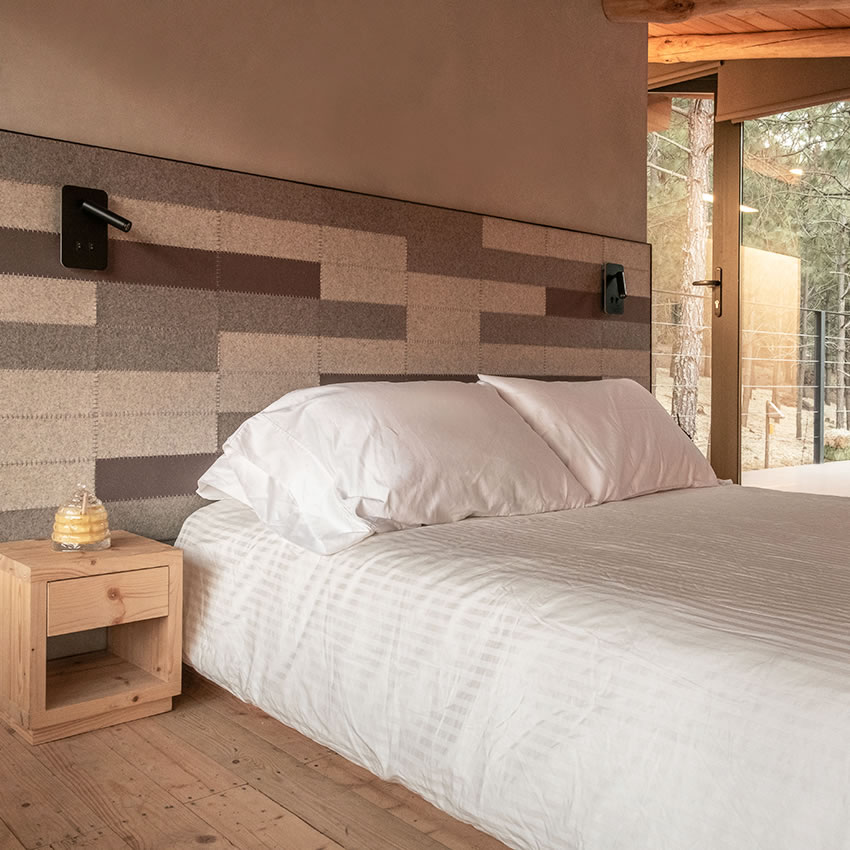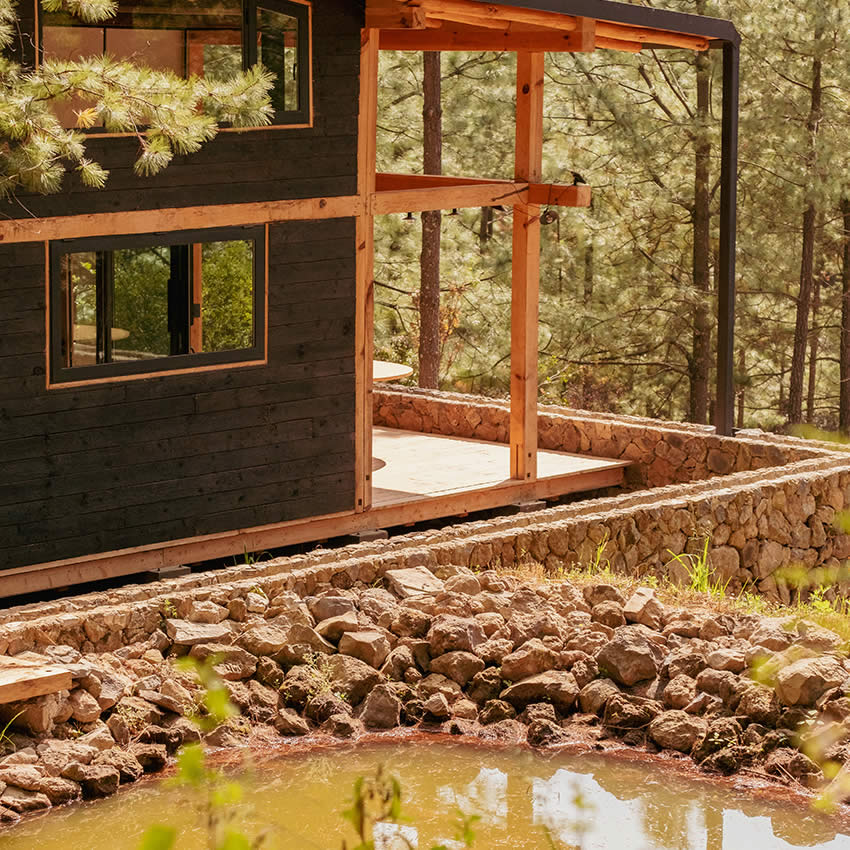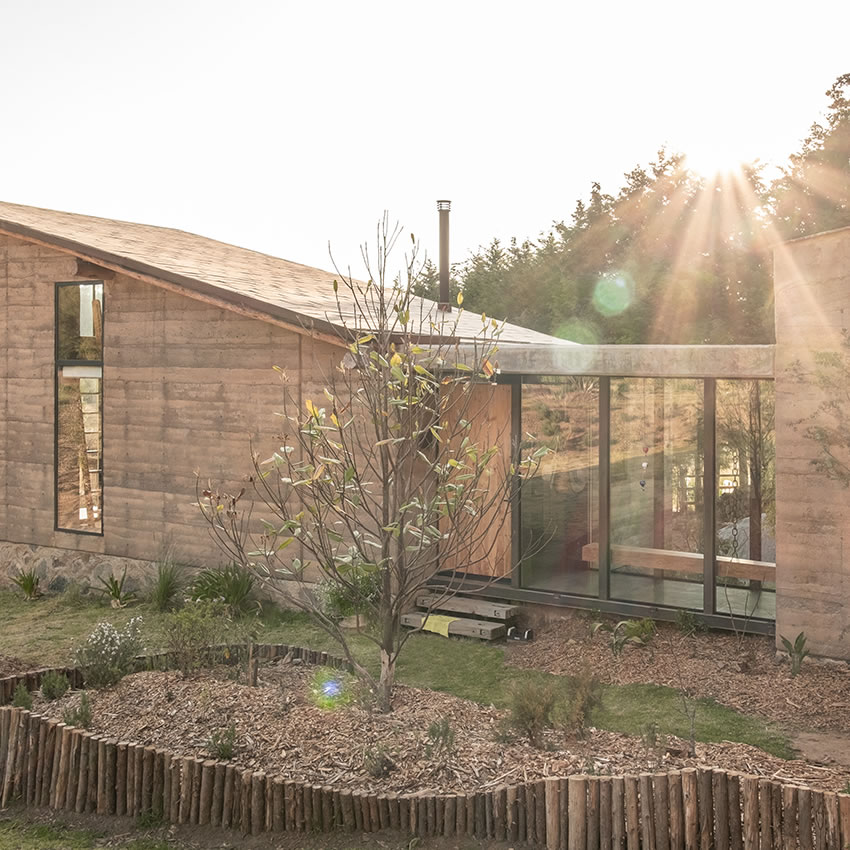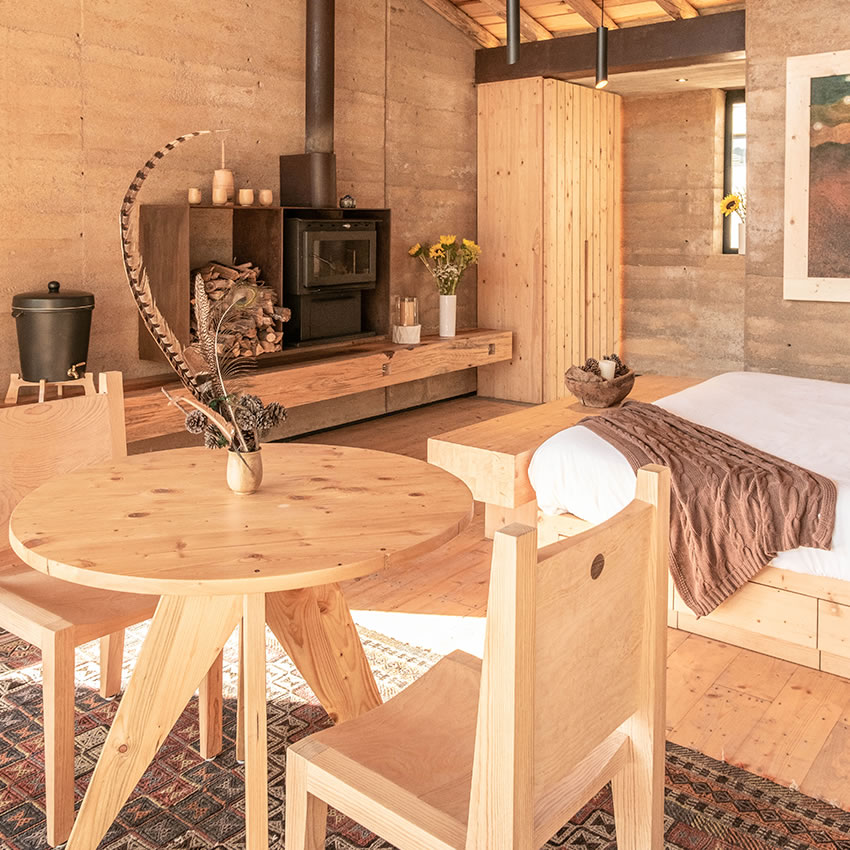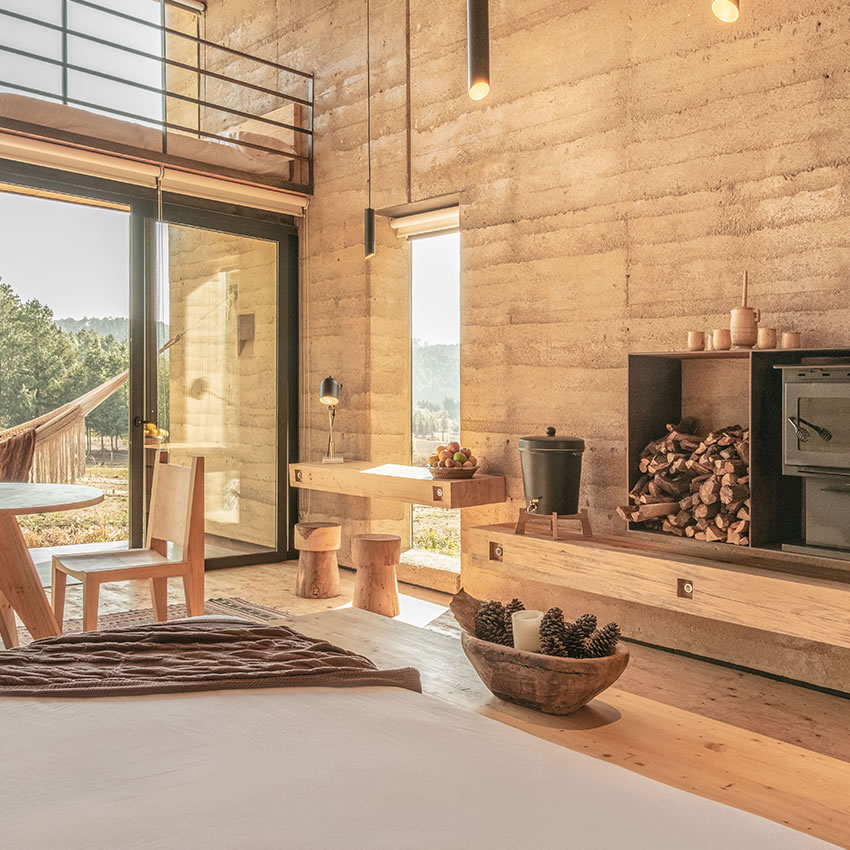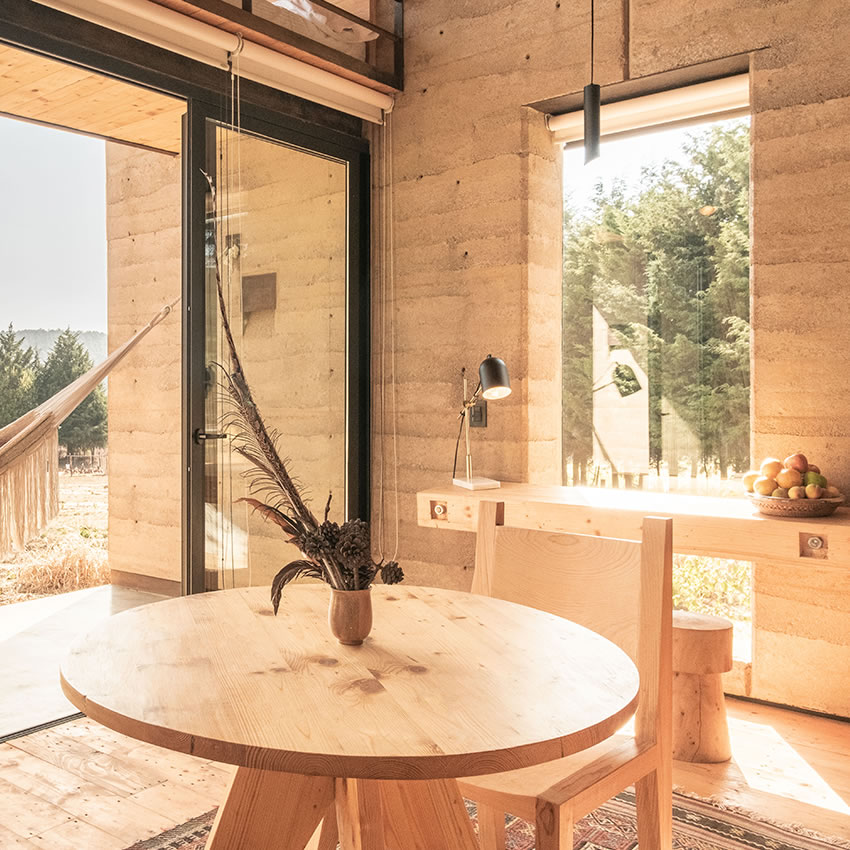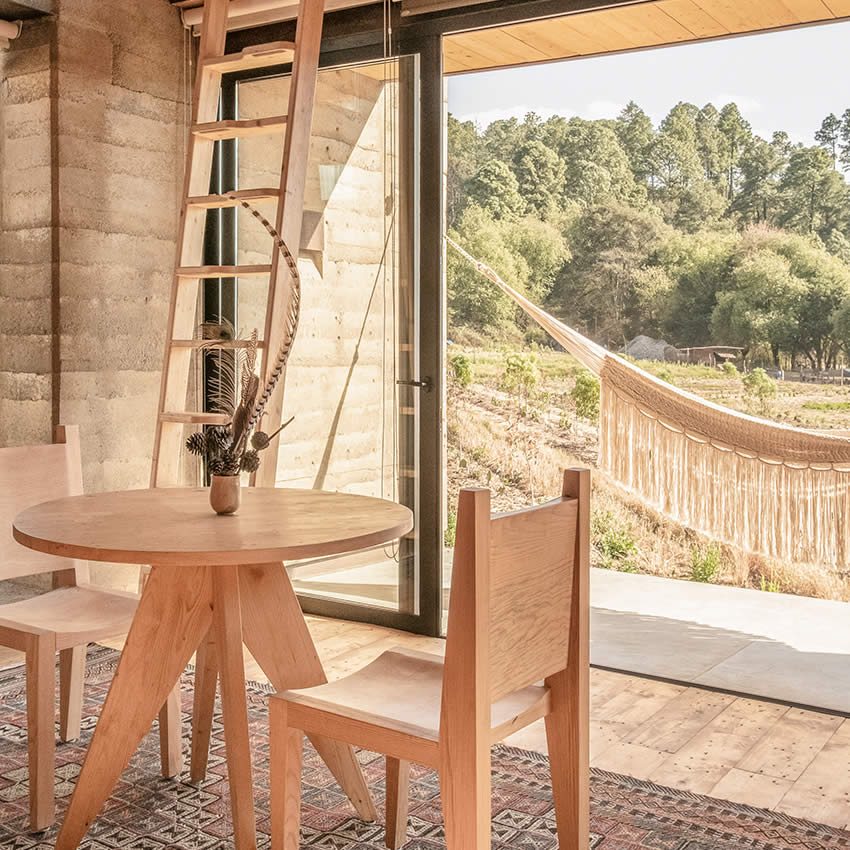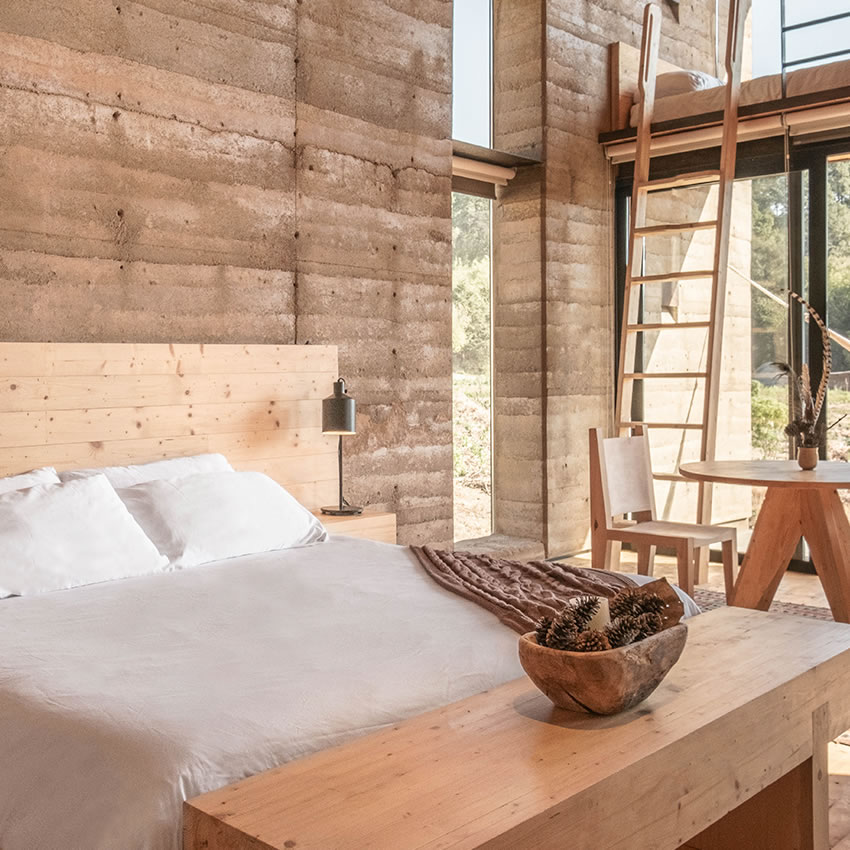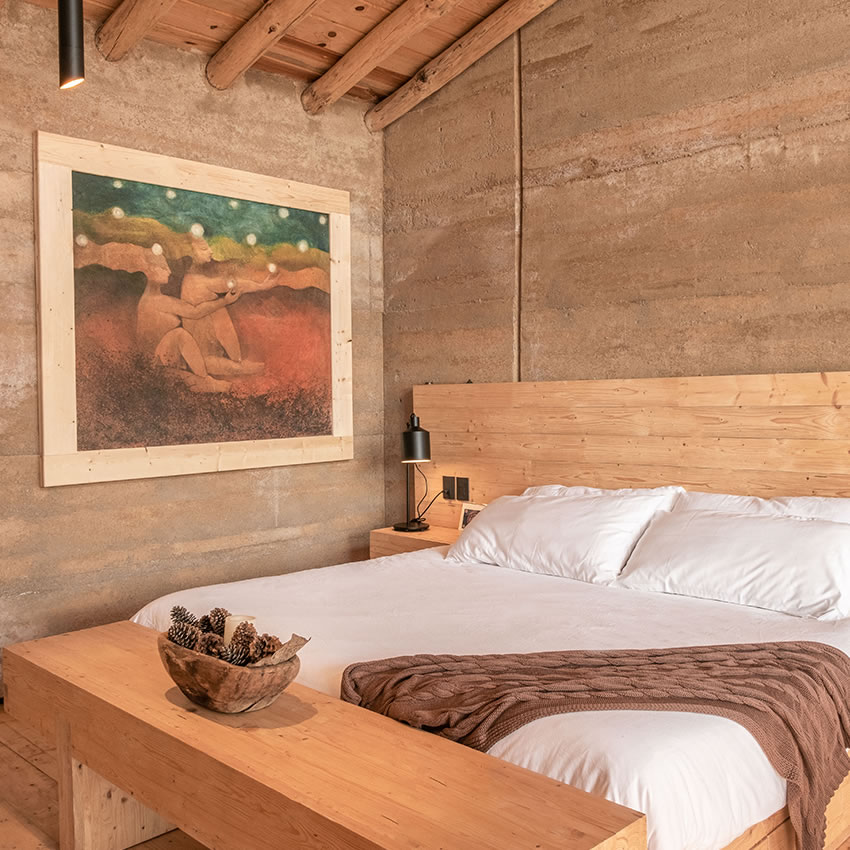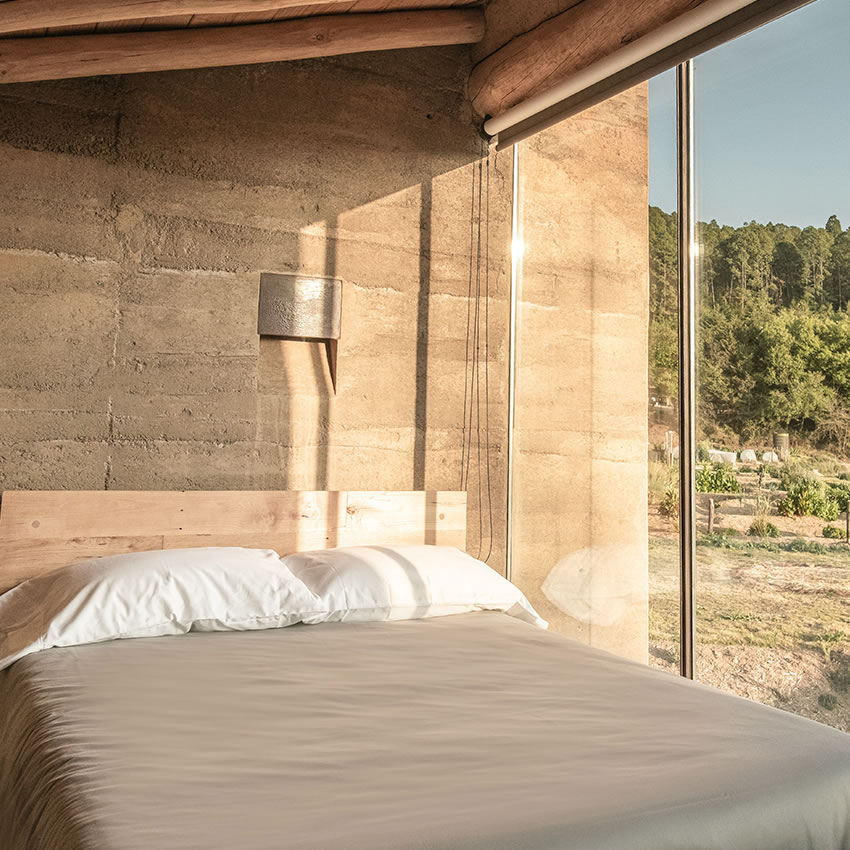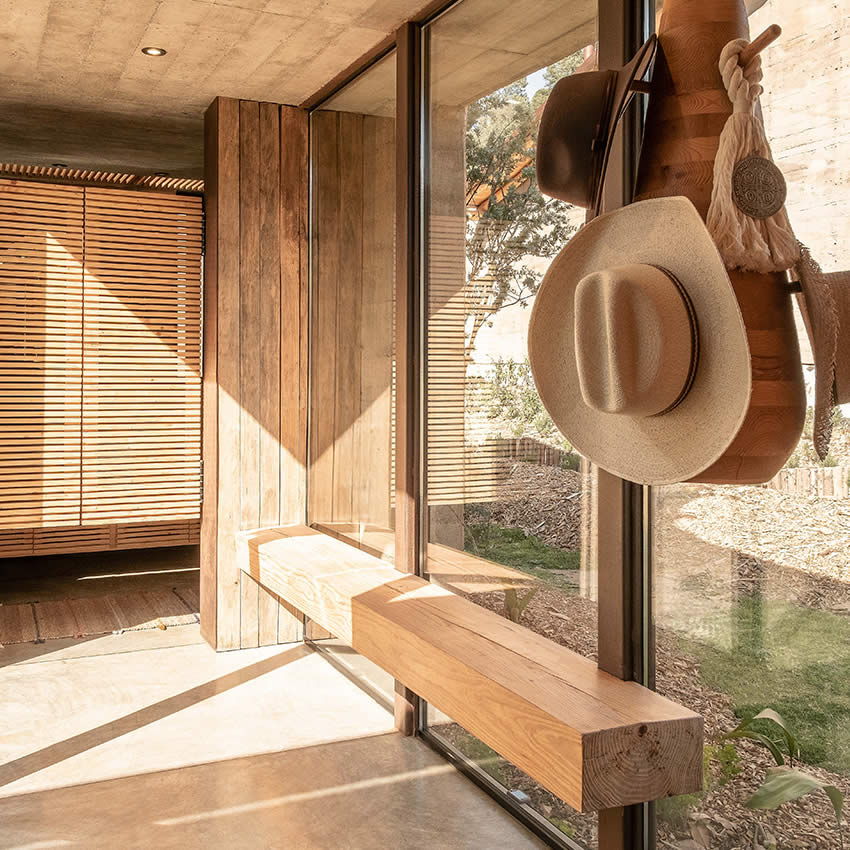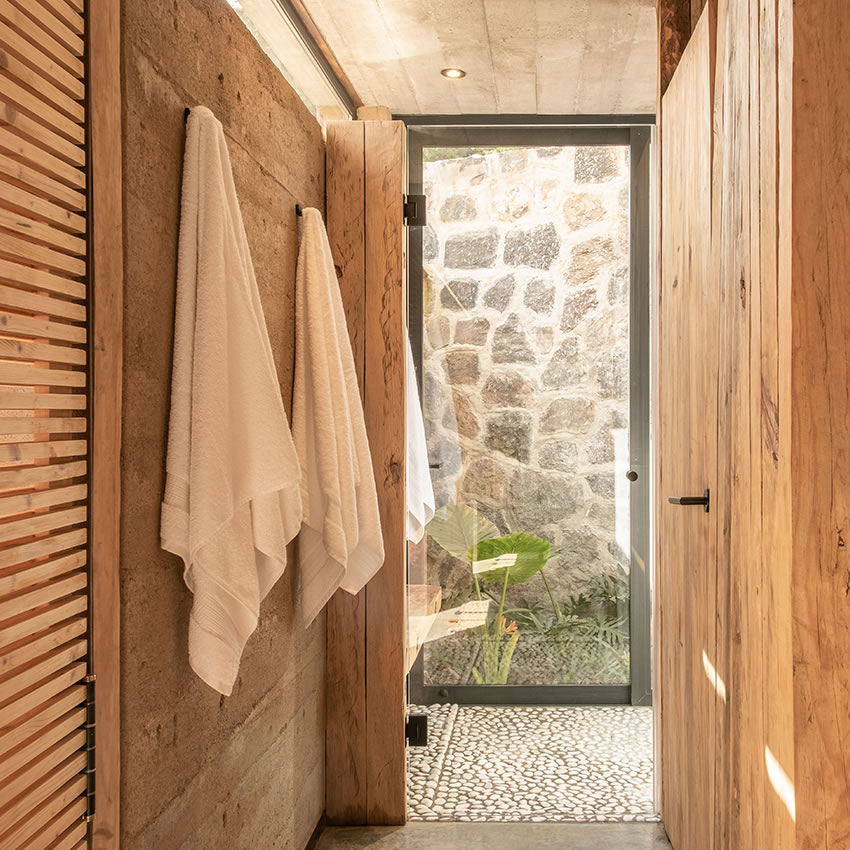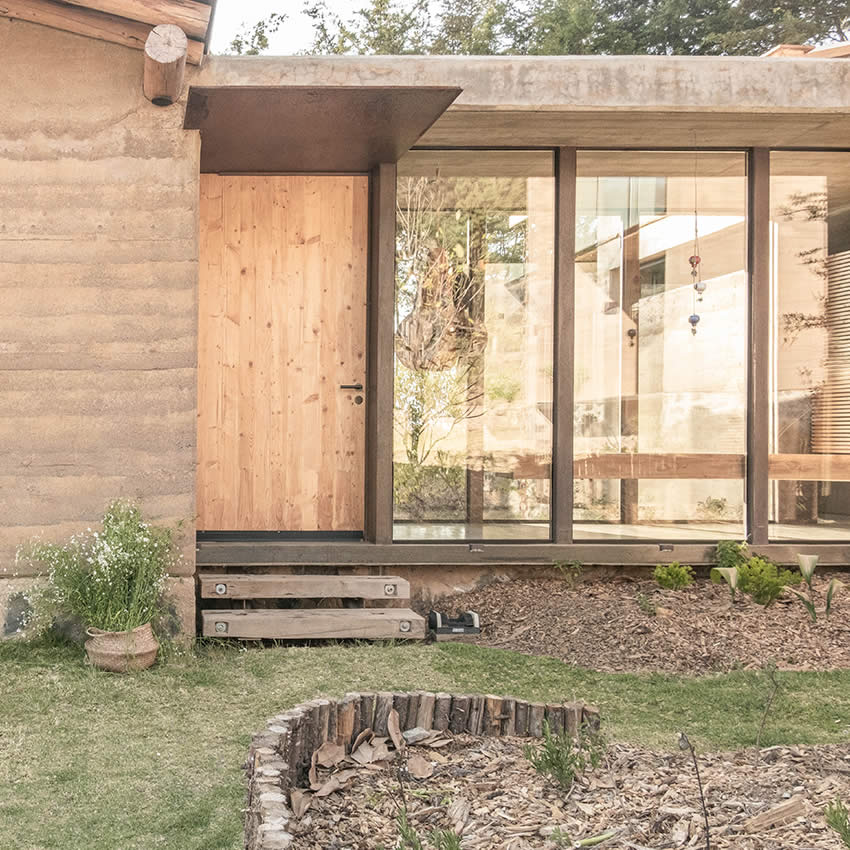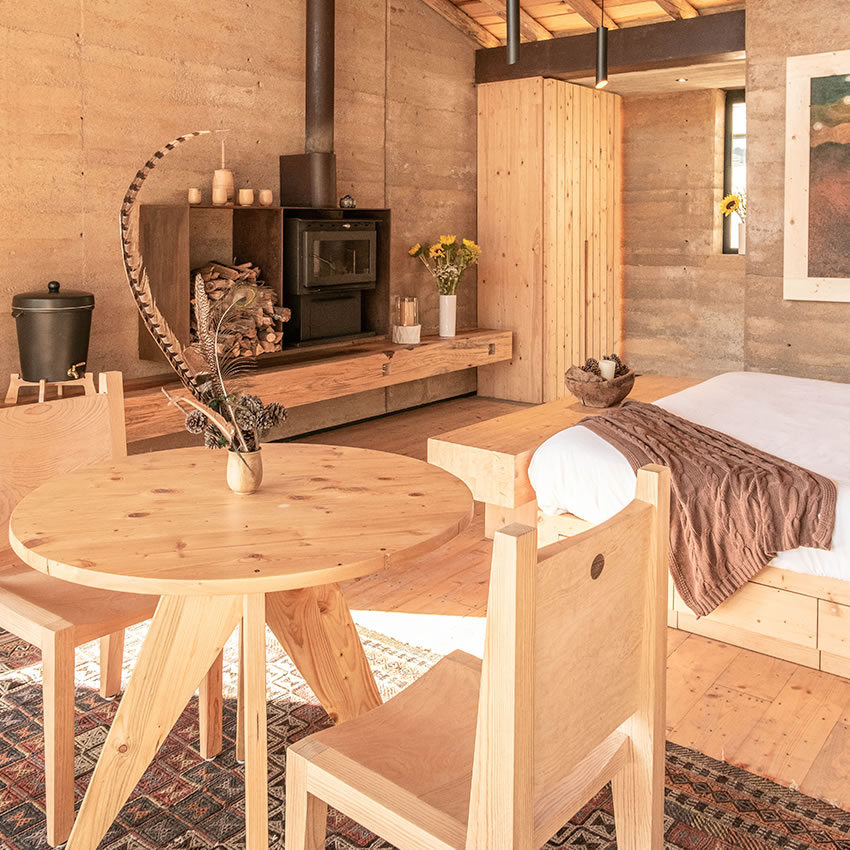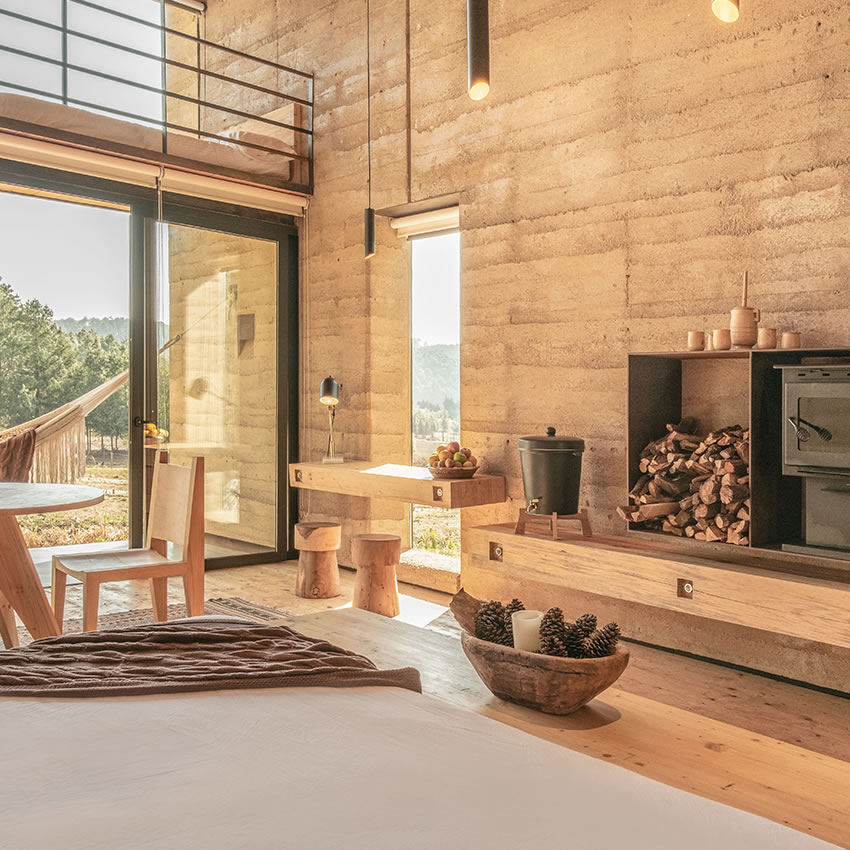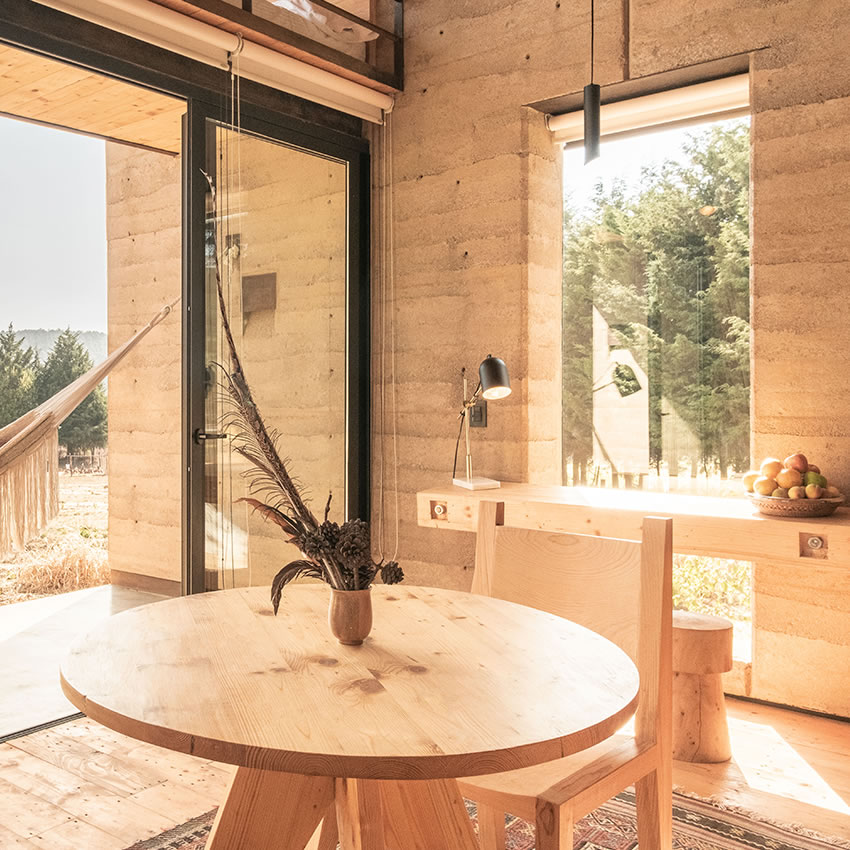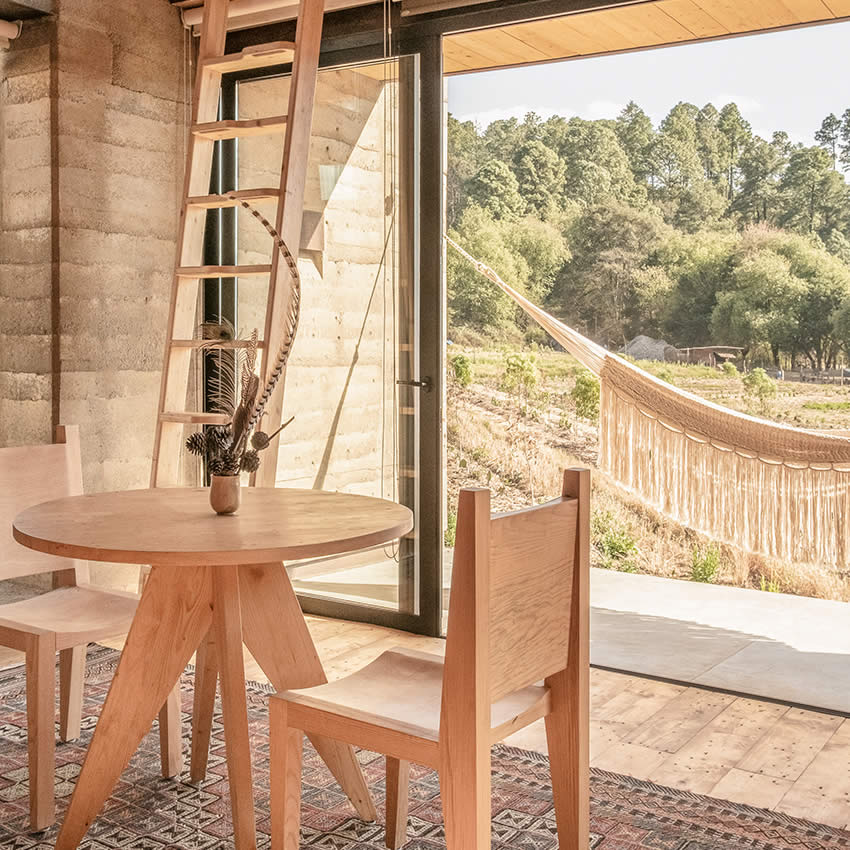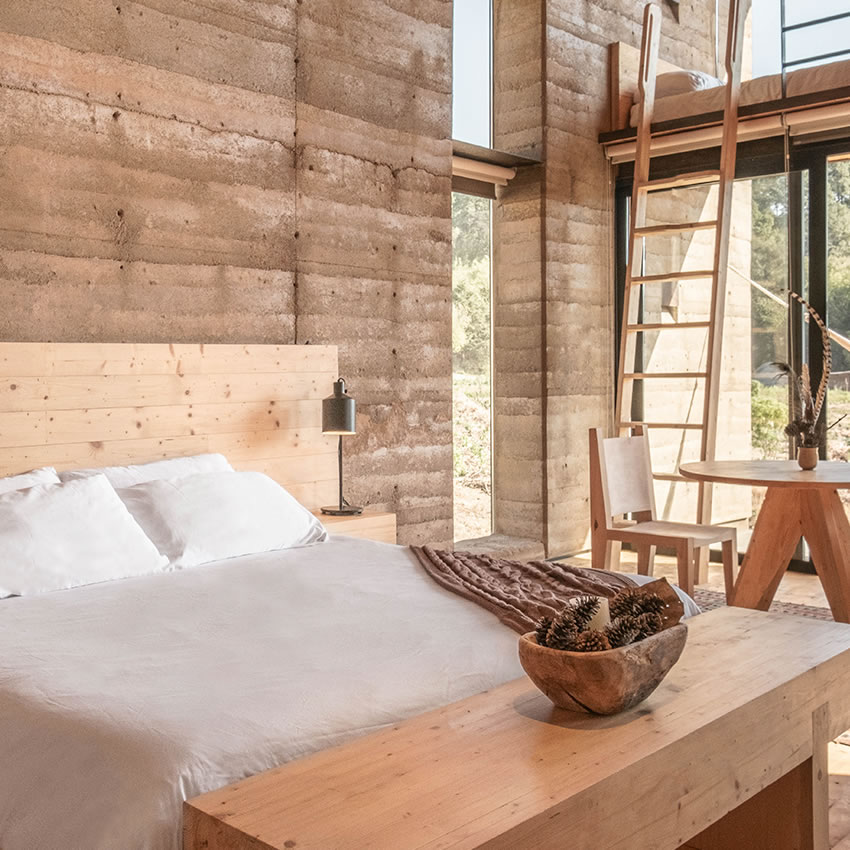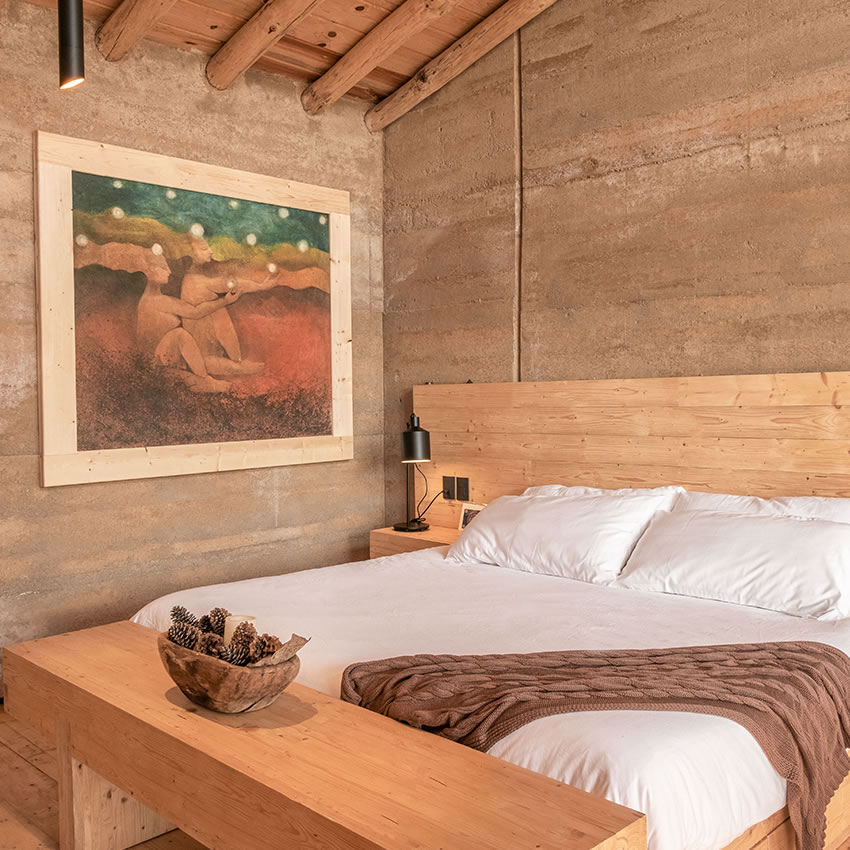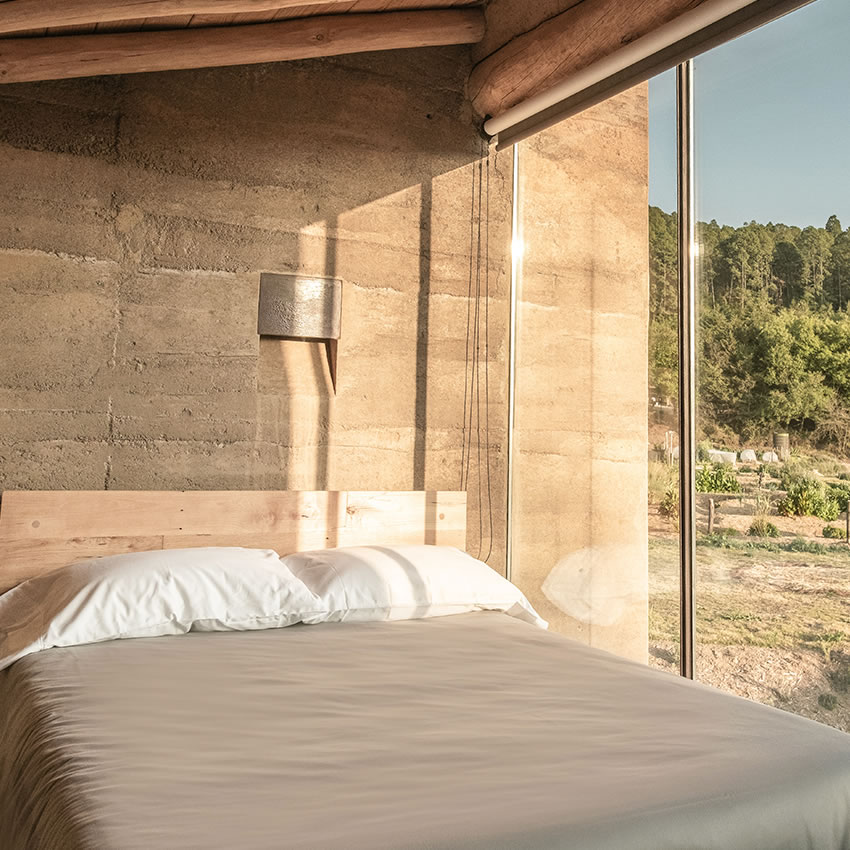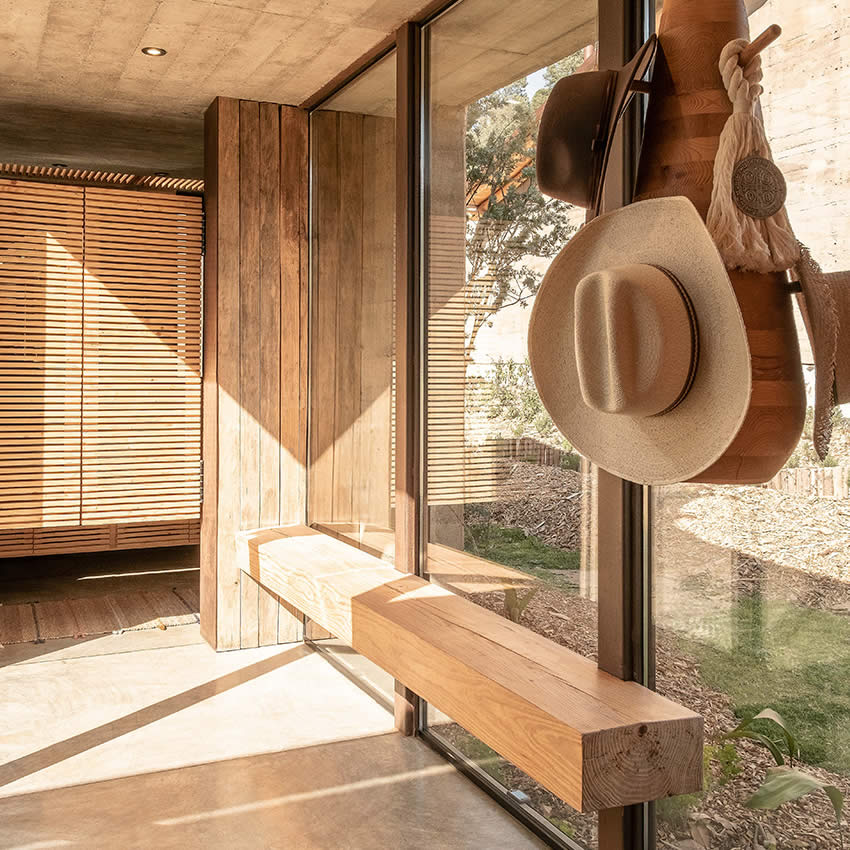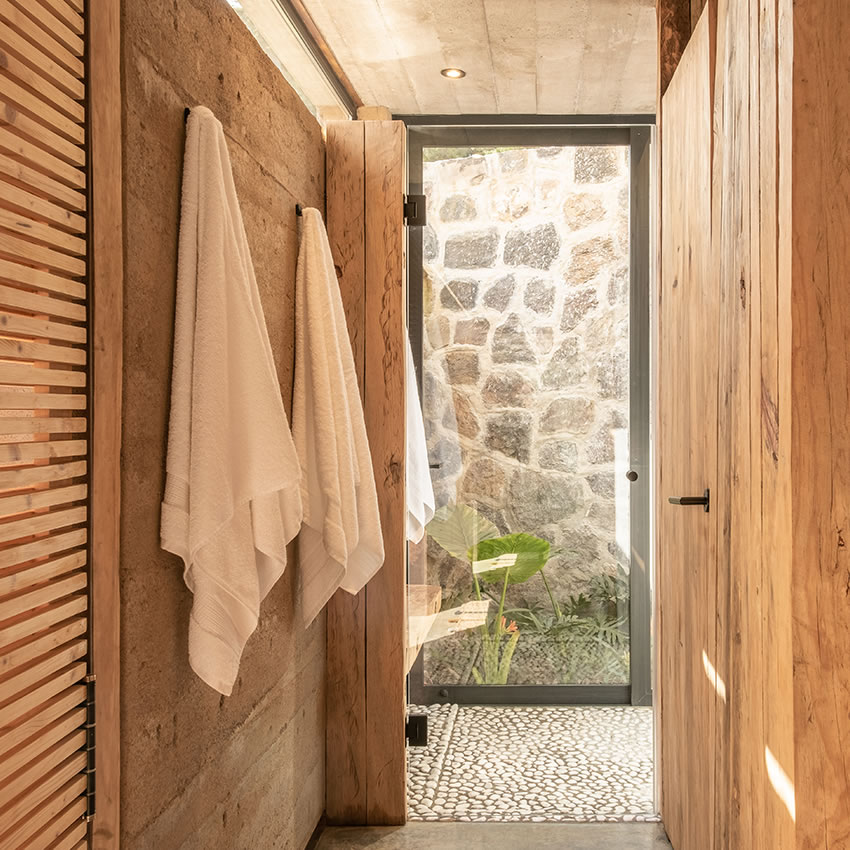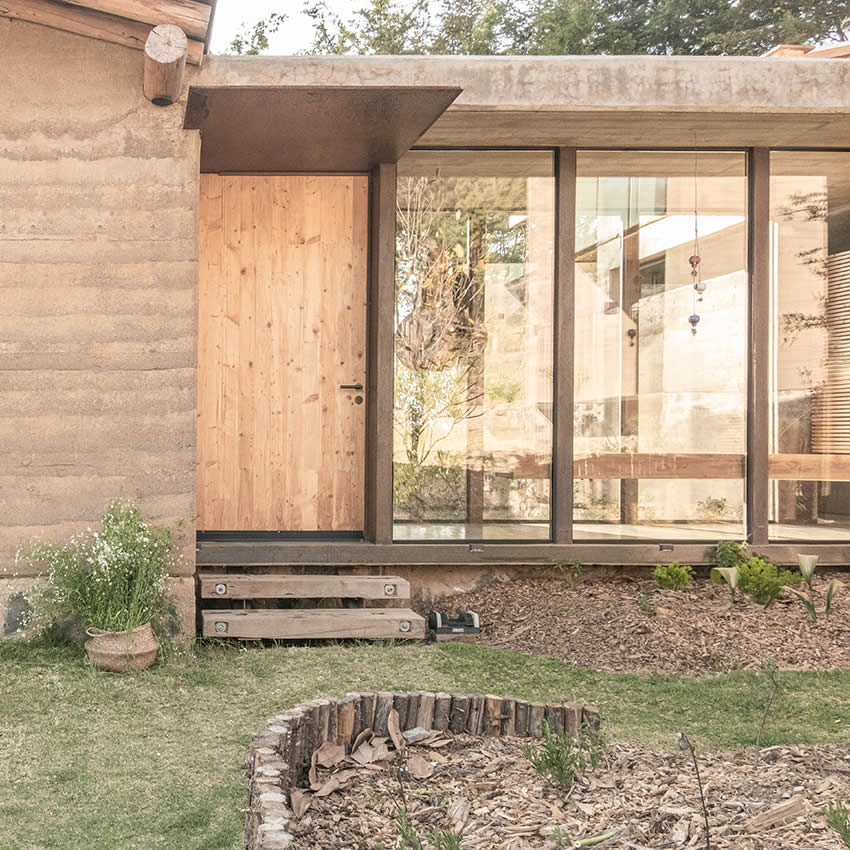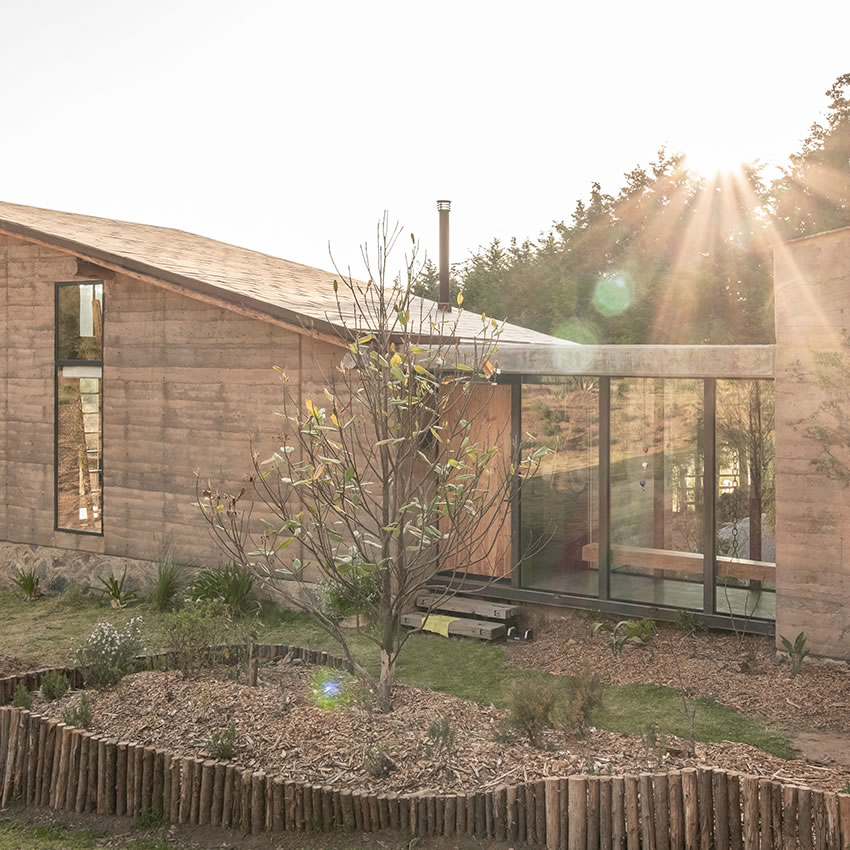Permaculture, an alliance with nature

A science, a philosophy, a cycle. Yes, permaculture is that and much more, it’s even considered a possible solution to the environmental crisis that we’re living in. The story begins in 1978 when Australian ecologists David Holmgren y Bill Mollison coined the concept defining it as a systematic method that reproduces nature strategies.
“Permaculture is the philosophy of working with, and not against nature, after a long and thoughtful observation” Bill Mollison
And now, 44 years after, we take as an inspiration the words of both scientists and put them into action; we take permaculture as our pillar to create a sustainable system, a reflection of nature.
rmacultura es la filosofía de trabajar con, y no en contra de la naturaleza, luego de una observación prolongada y reflexiva.” Bill Mollison
Y ahora, casi 44 años después, tomamos como inspiración las palabras de ambos científicos y las llevamos a la acción; tomamos la permacultura como nuestro pilar para crear un sistema sostenible, reflejo de la naturaleza.


Our cornerstone
Permaculture has taught us to observe, analize, respect and procure the natural cycles. Whether it’s in rainwater and water wells, in the farm animals and their connection to the land, in that same land and vegetable patches… Those are the cycles that sustain us.
Here there’s no room for invasions, or abuses. Neither unconscious actions, where nature was considered a mono productive system, of one way, where there was no return.
Principles and pillars
The care of the earth, its resources, the being. Those are the ethical principles that permaculture points out to us. How do we live them? Conserving the soils, the trees and the water; adopting an integral design between the community, nature, the resources and technology. Thanks to them we merge with the most natural universe.
And finally, the pillars. Those areas that also guide us towards a sustainable path and that function as fields of existence and application: construction, technology, education and culture, health and wellness, finance and economy, governance and community, land and nature.
This is the comprehension of the earth. Here, through permaculture we observe nature, we emulate it.
